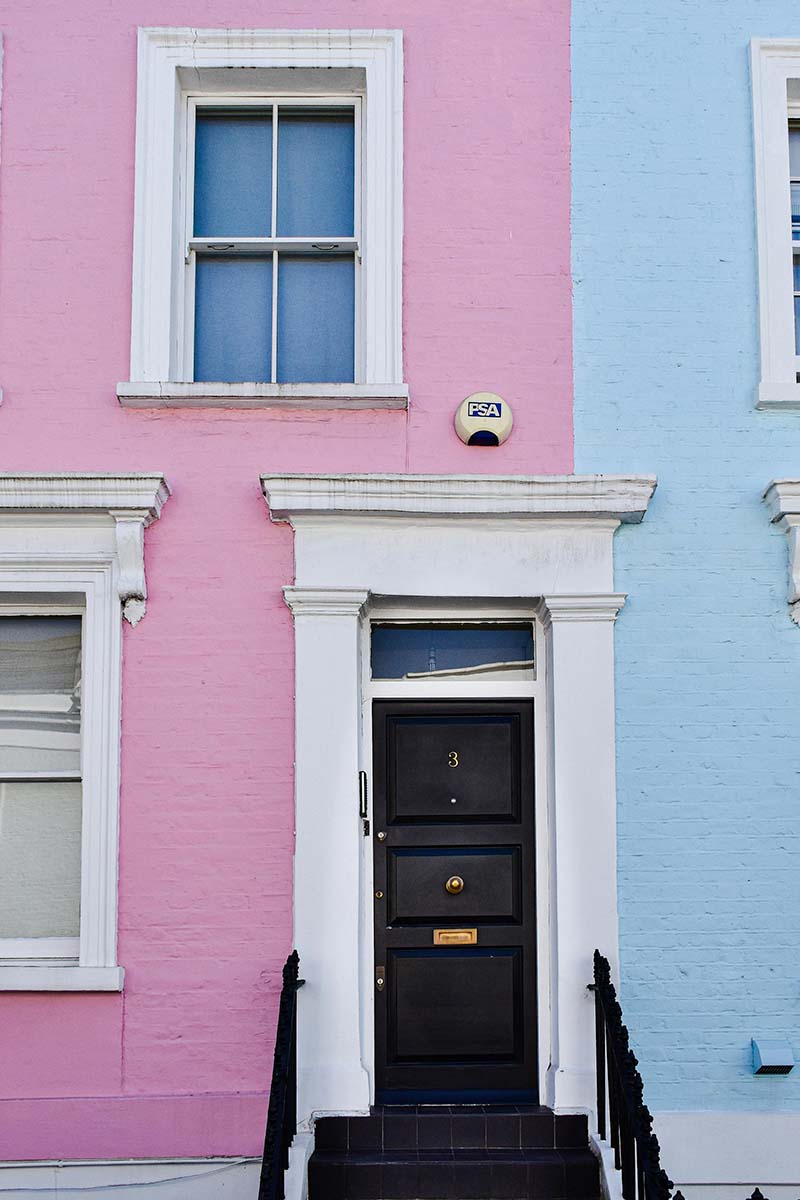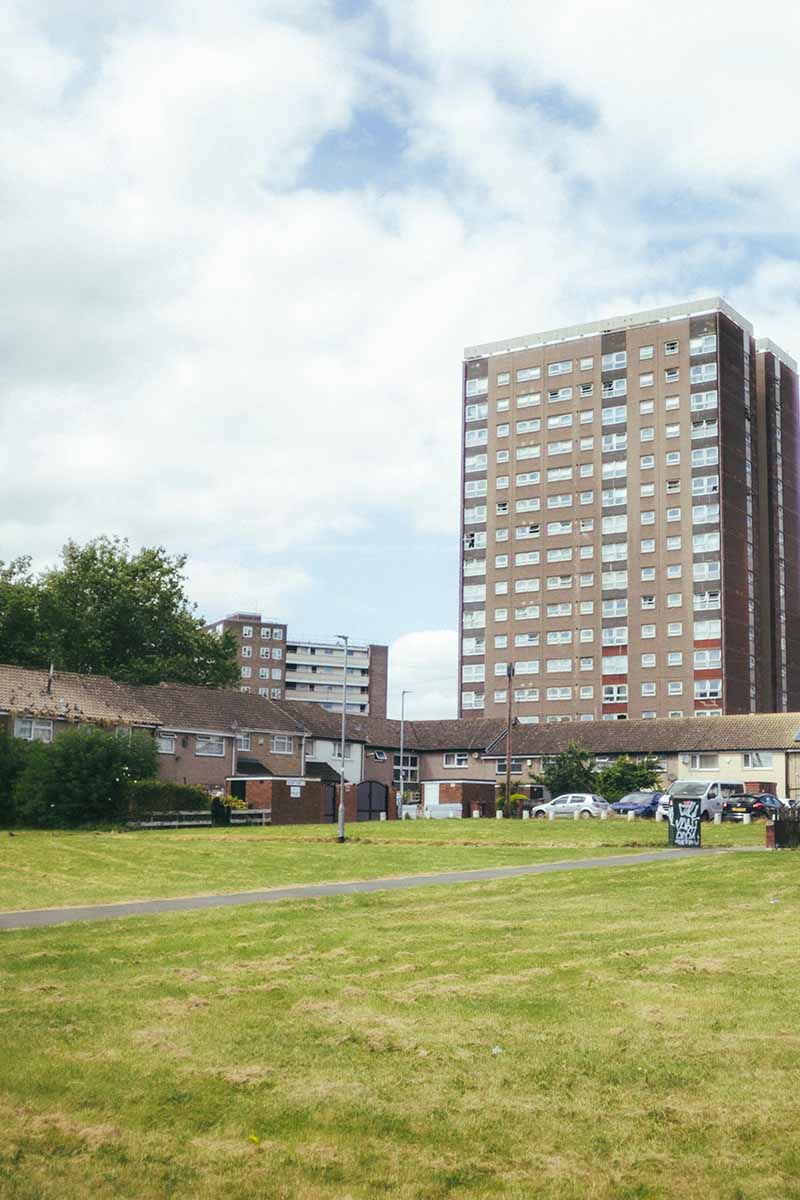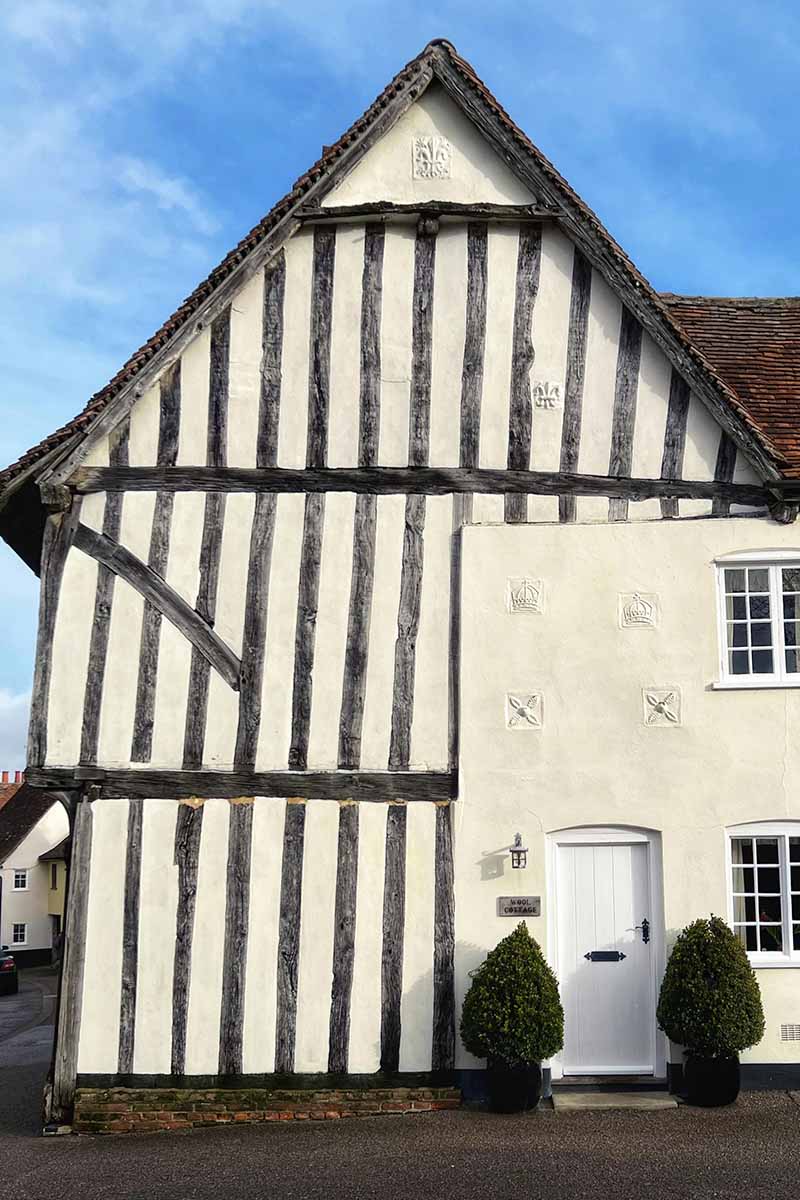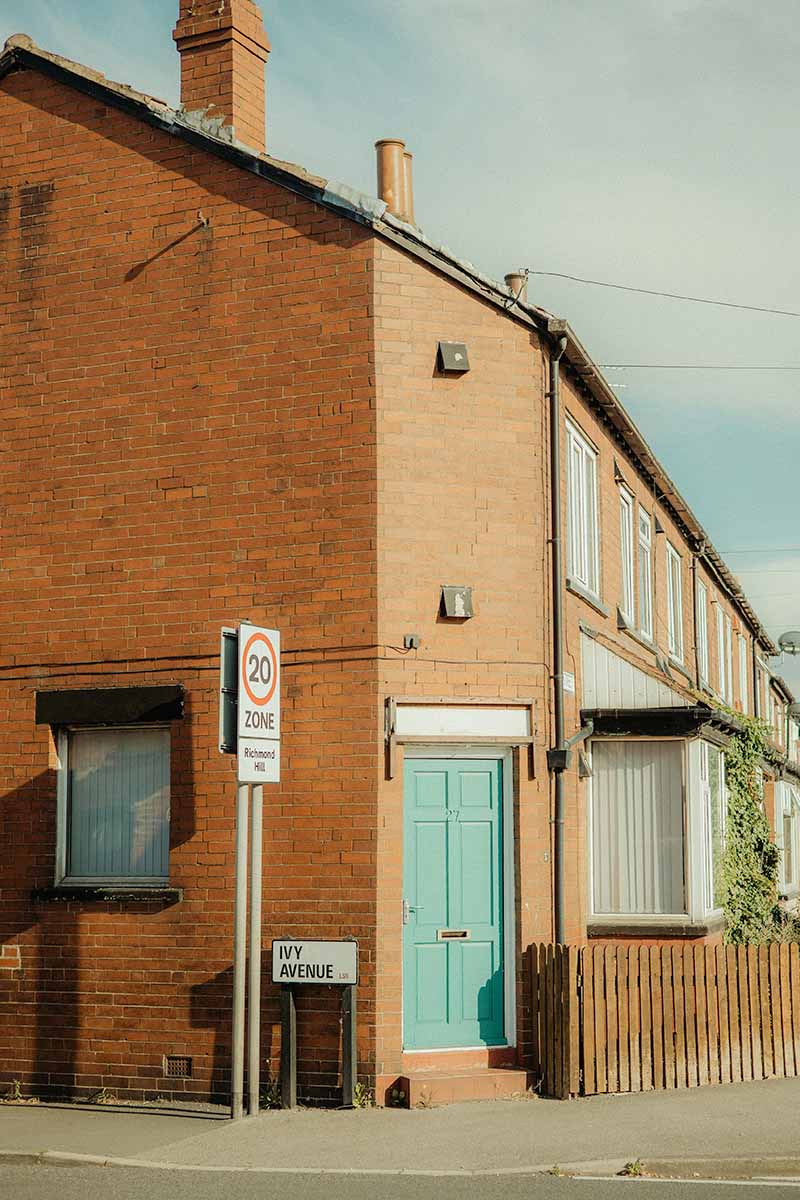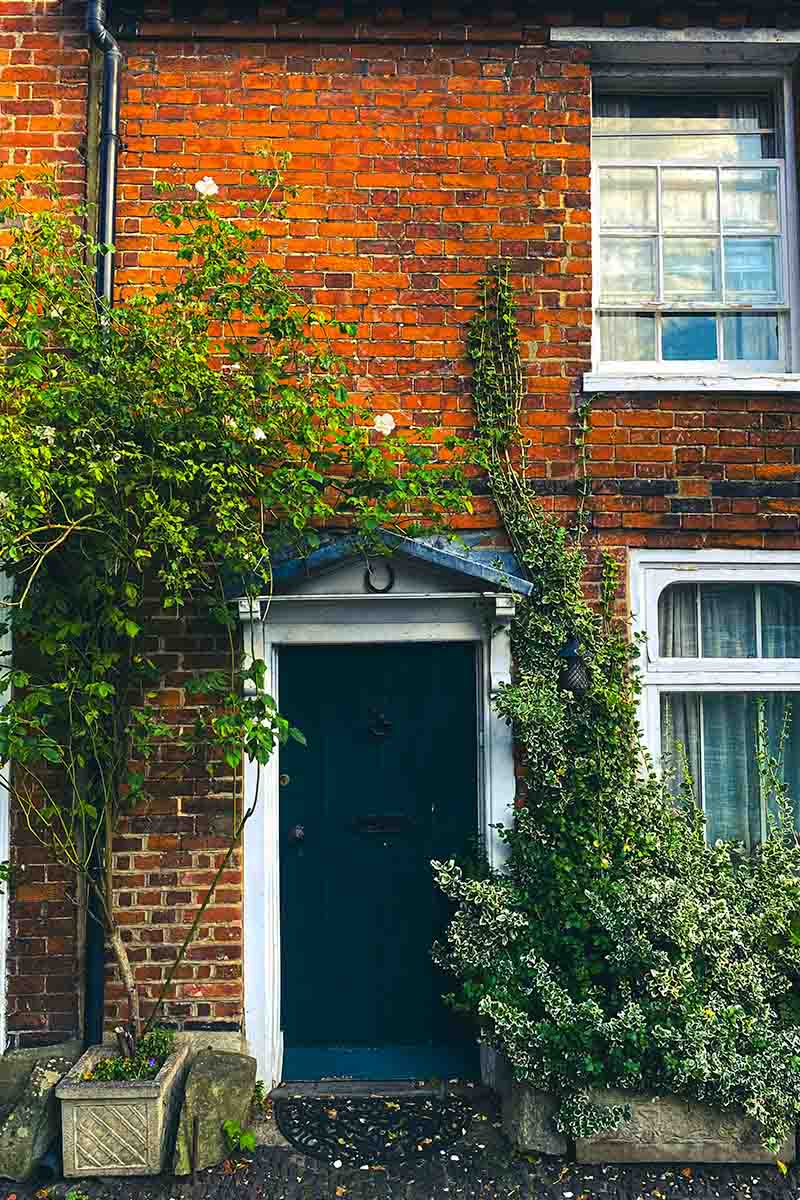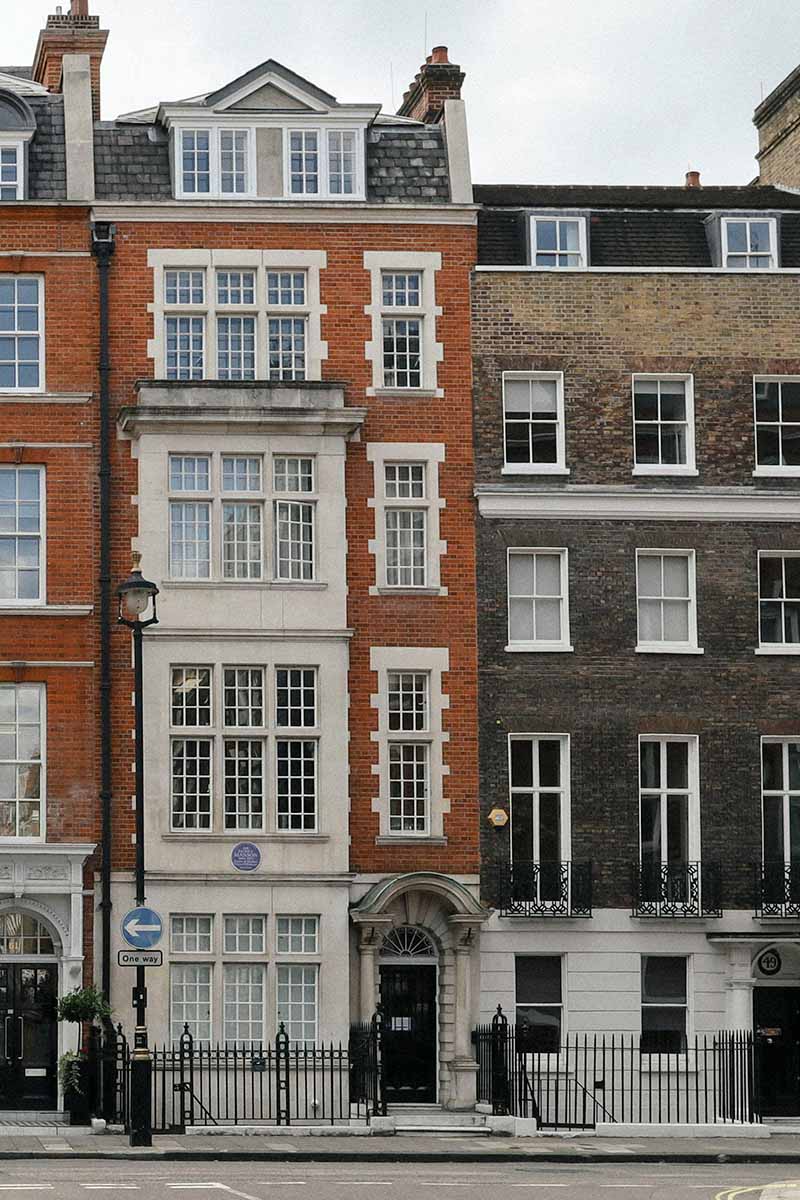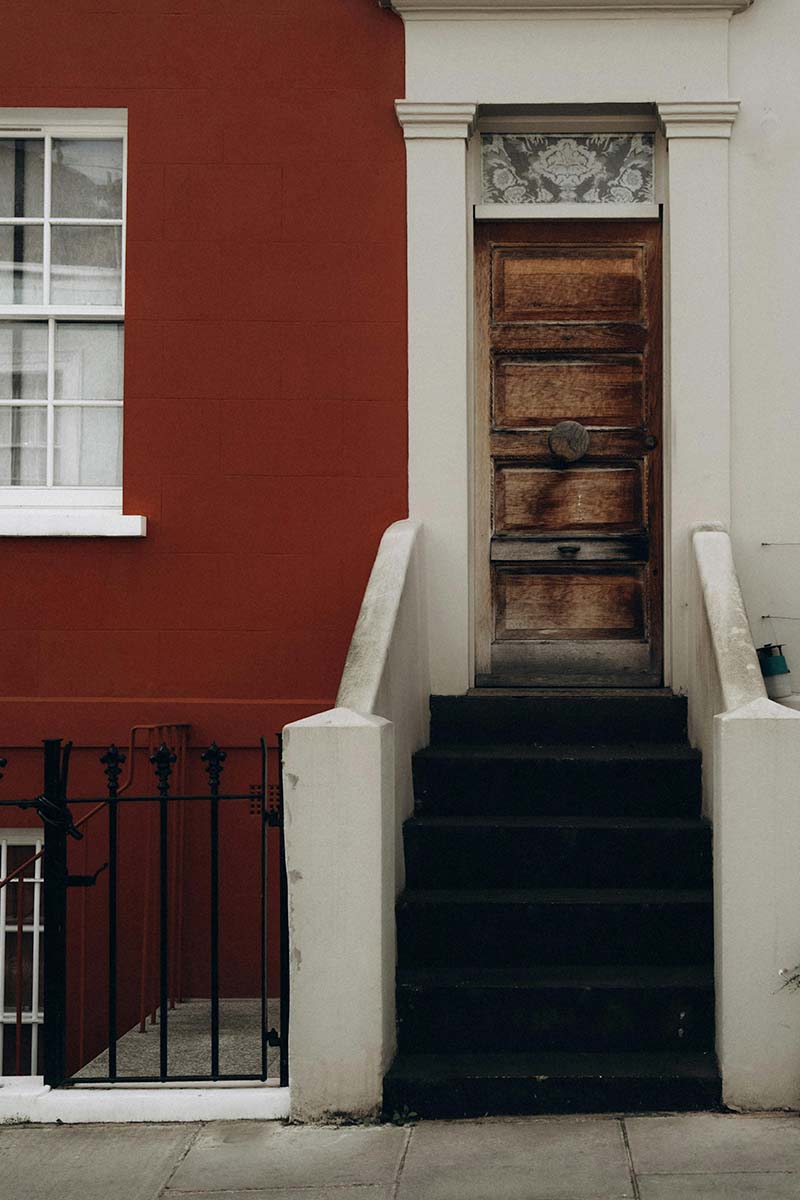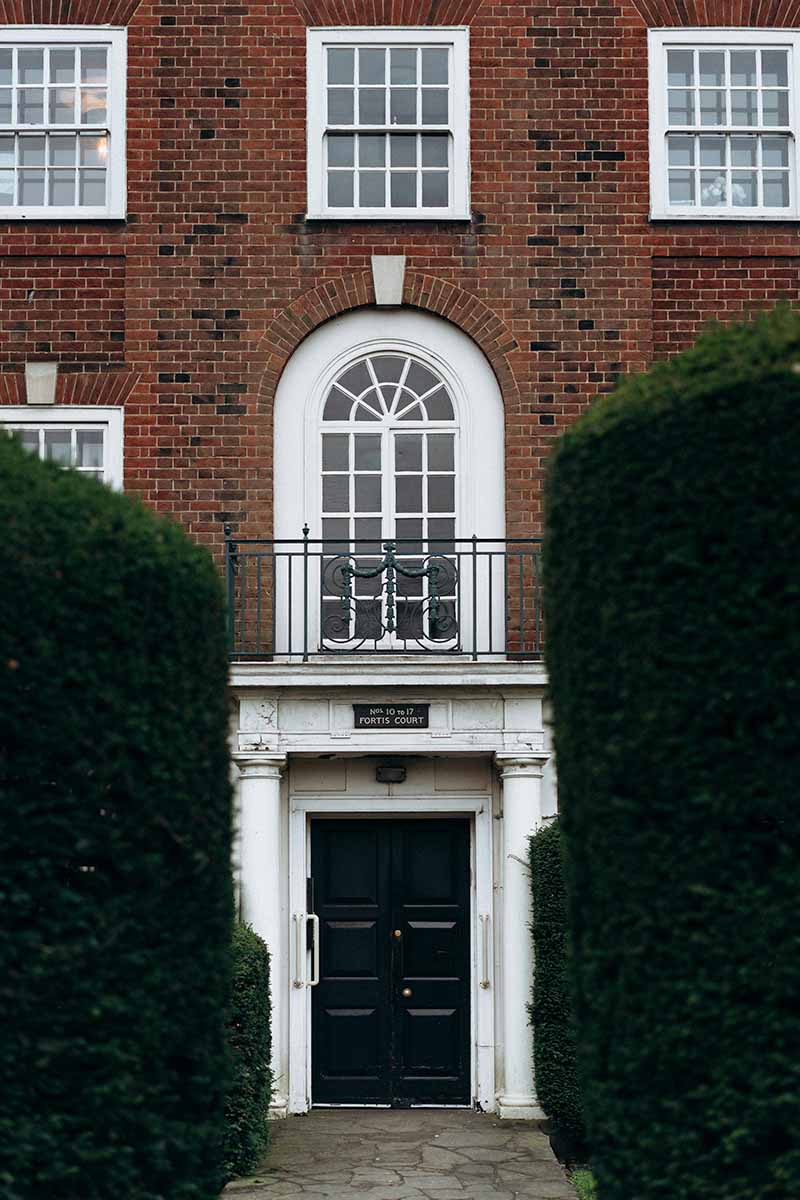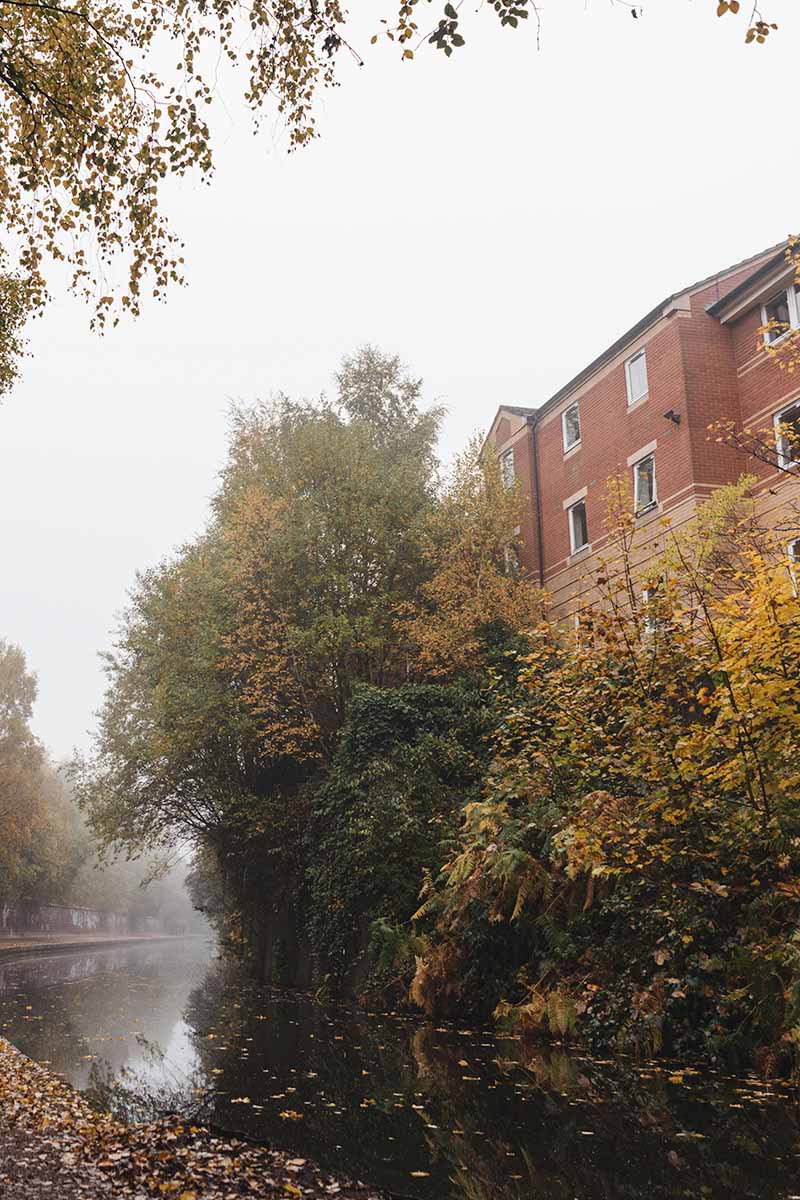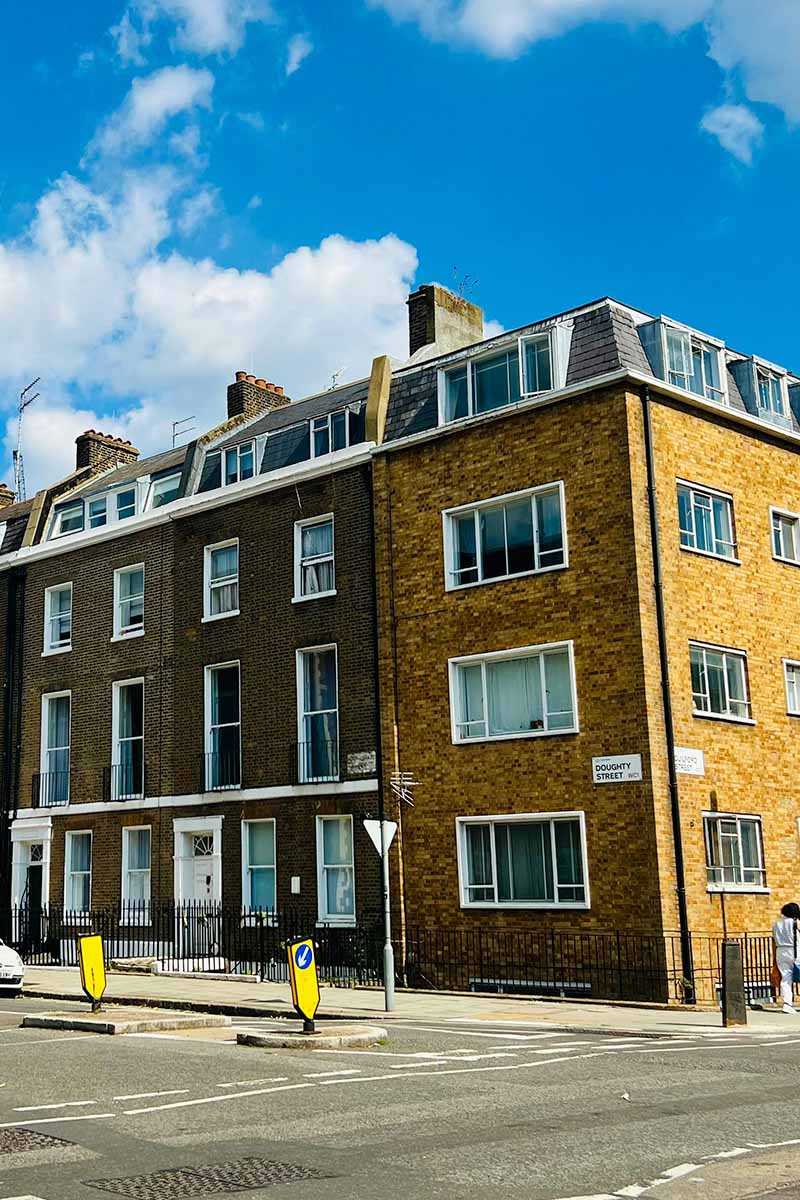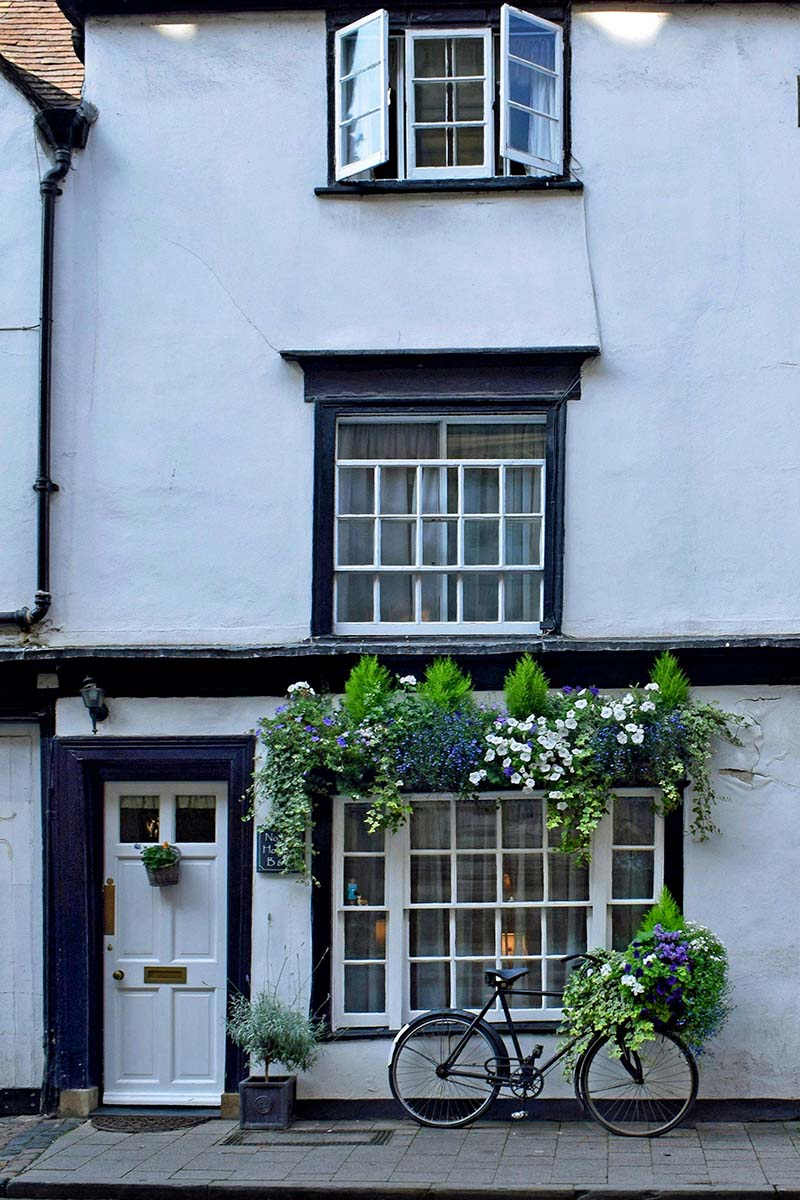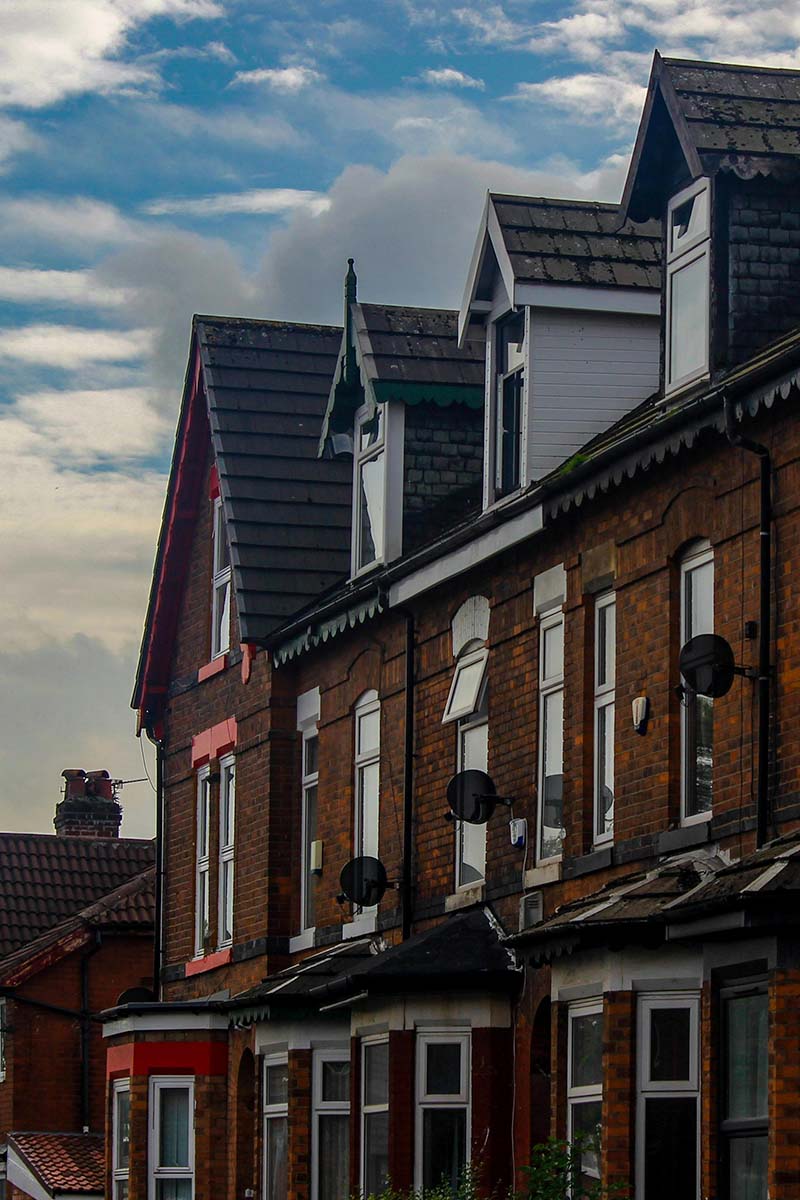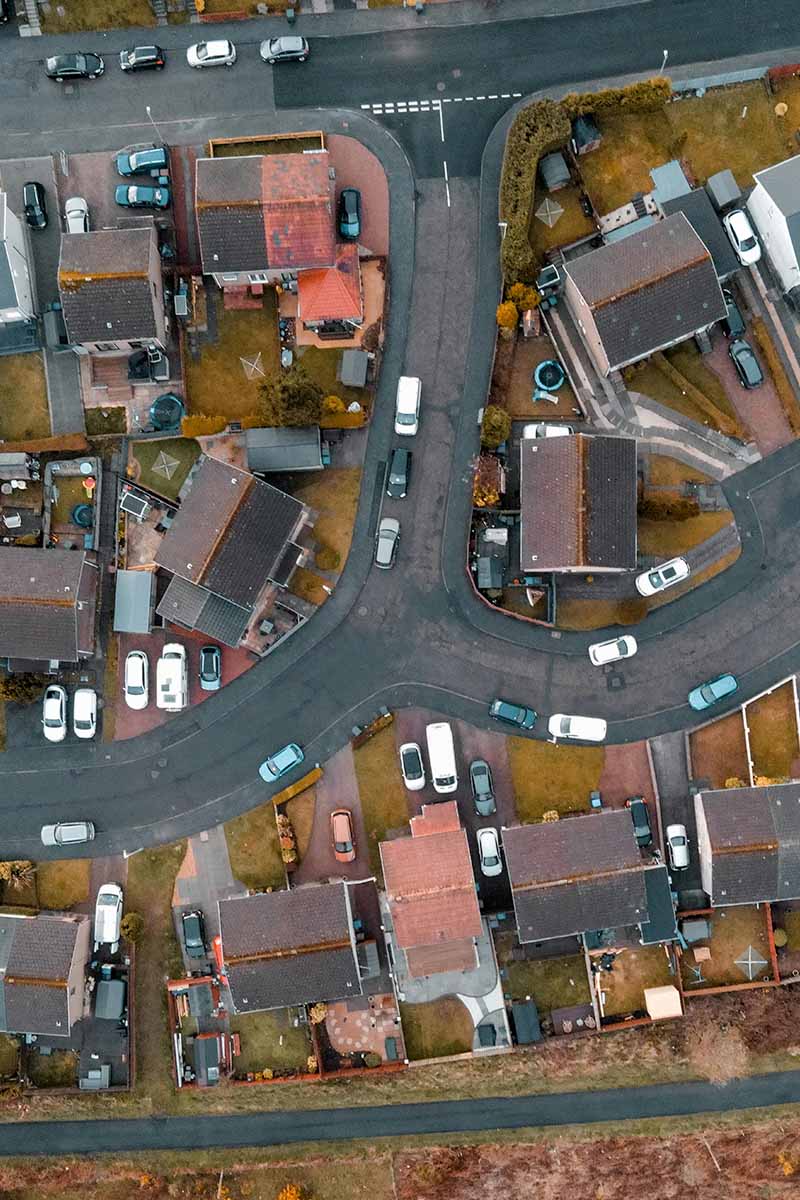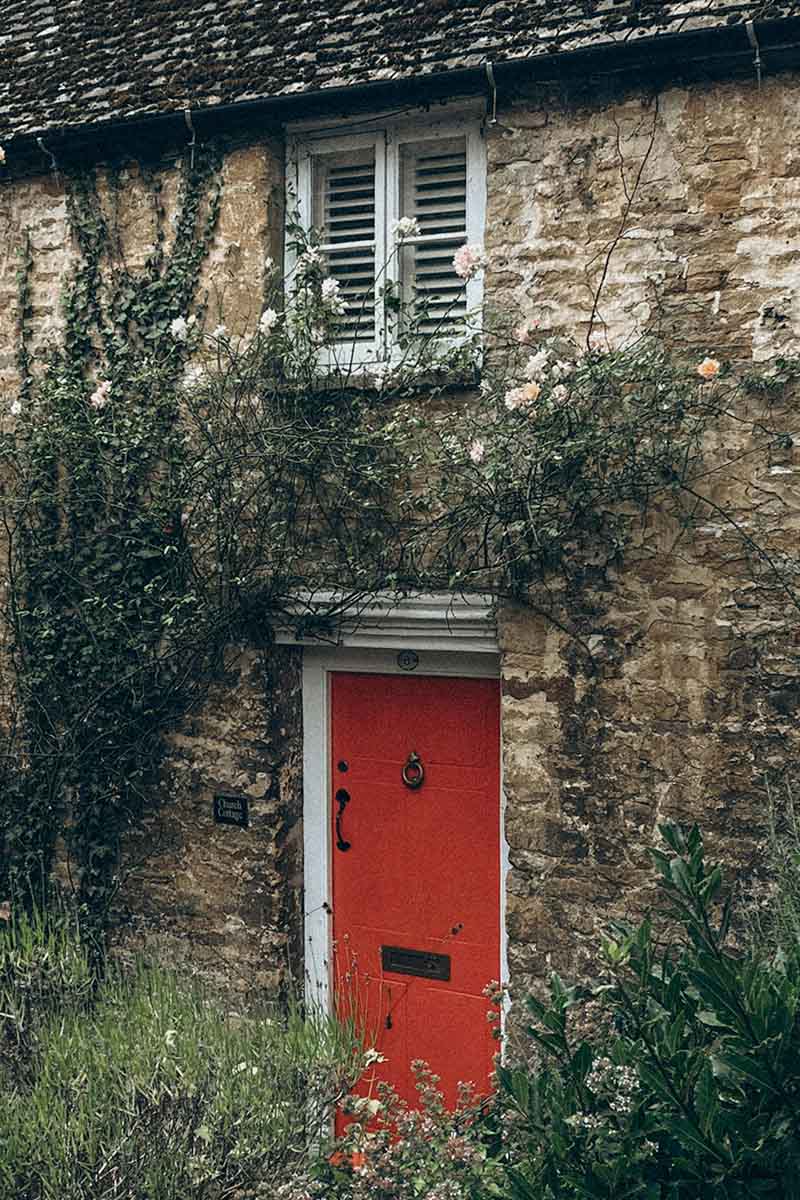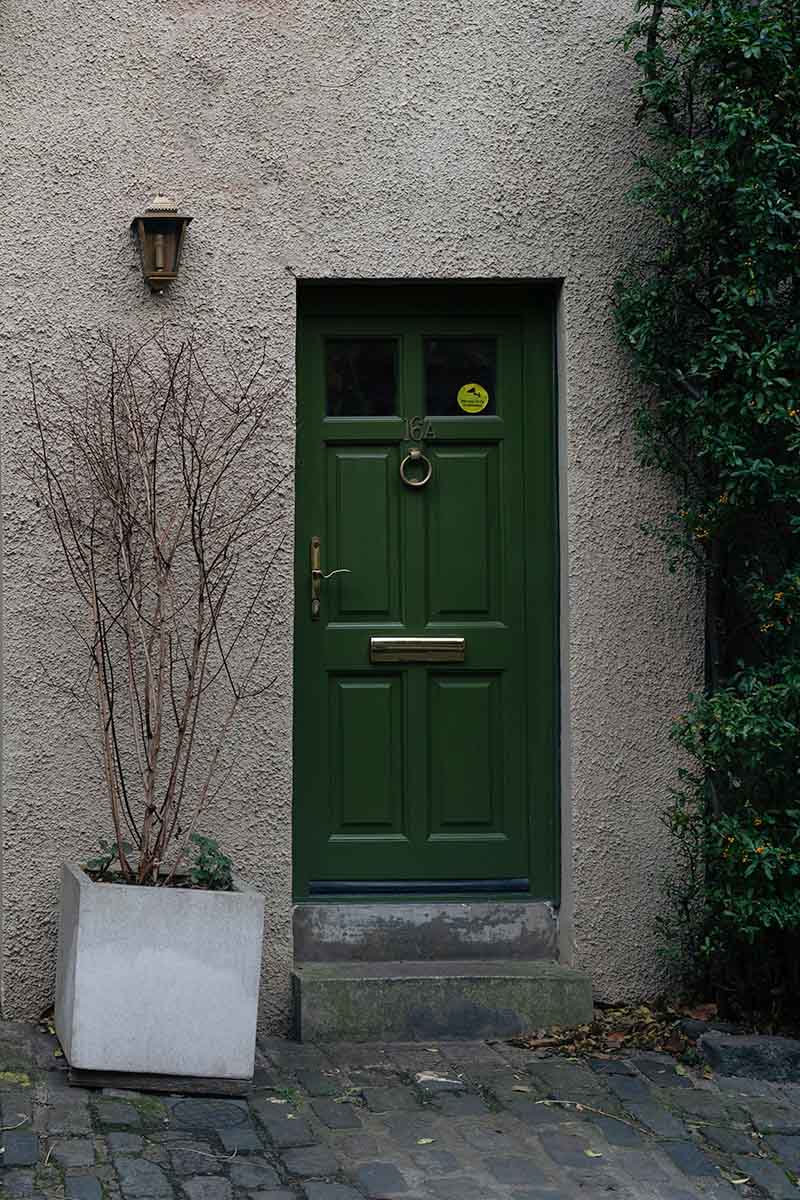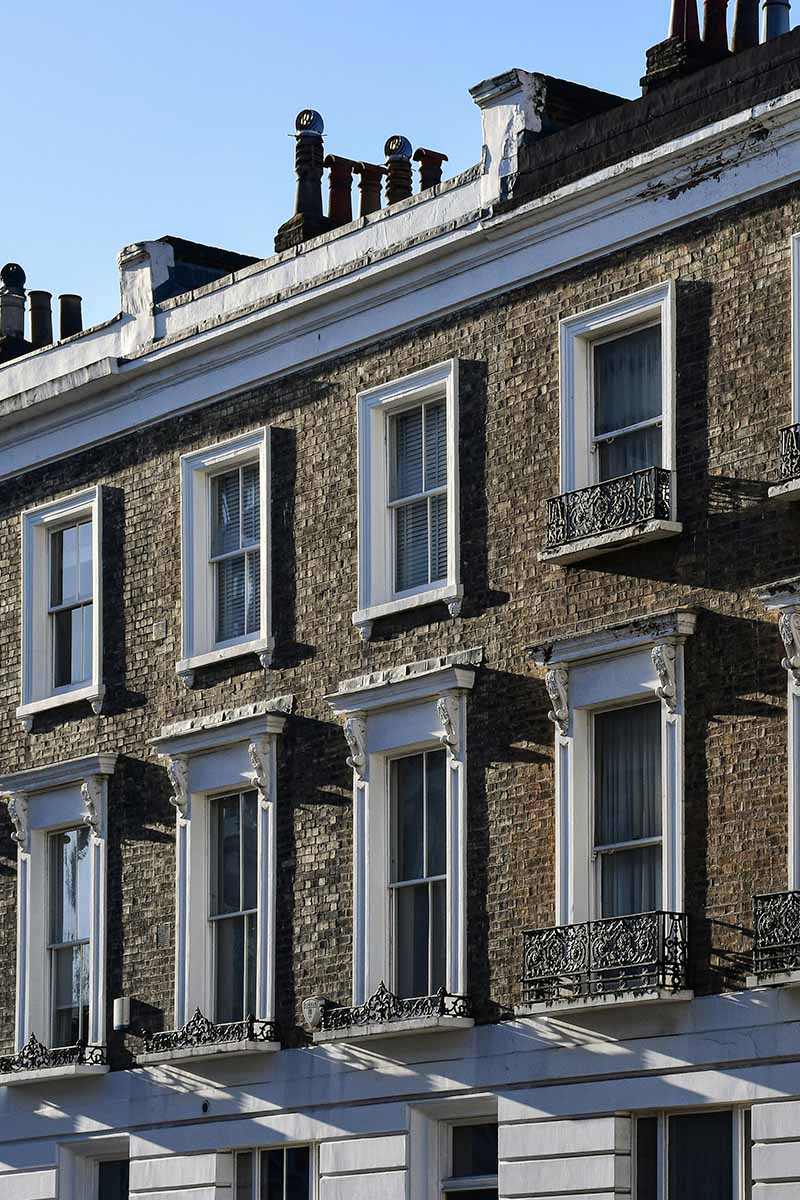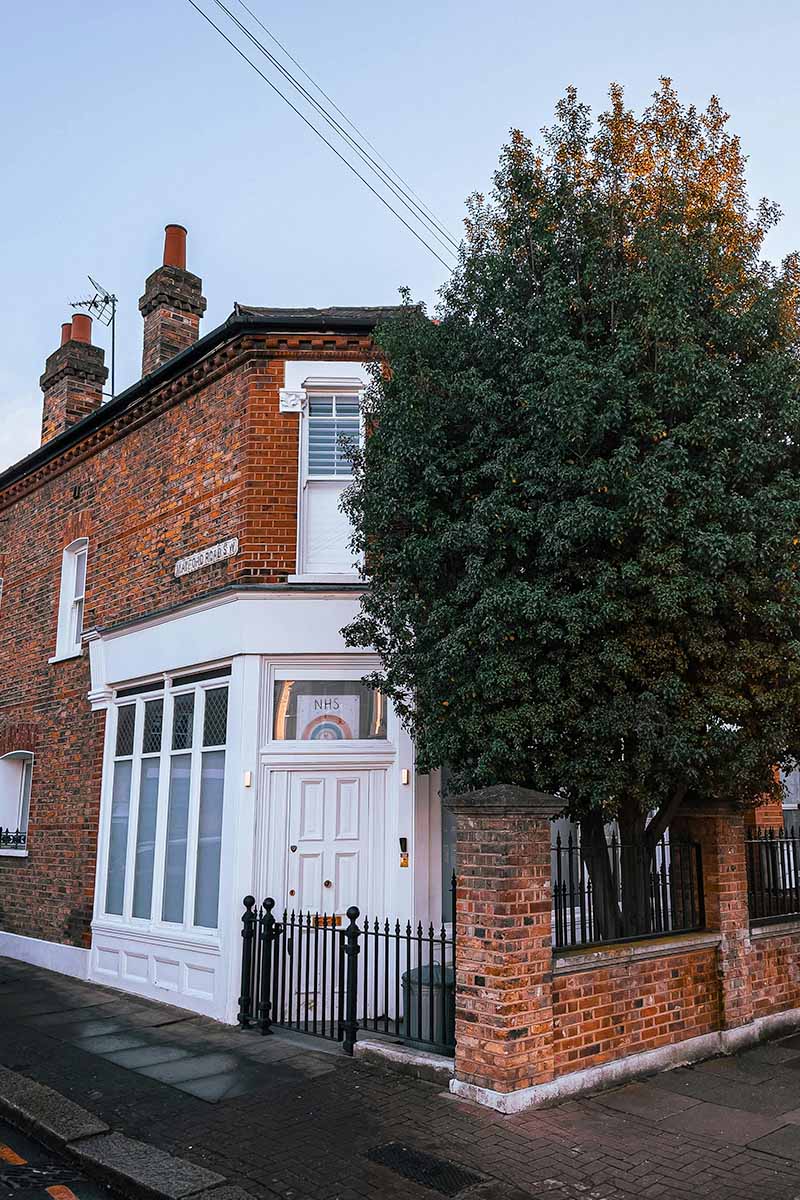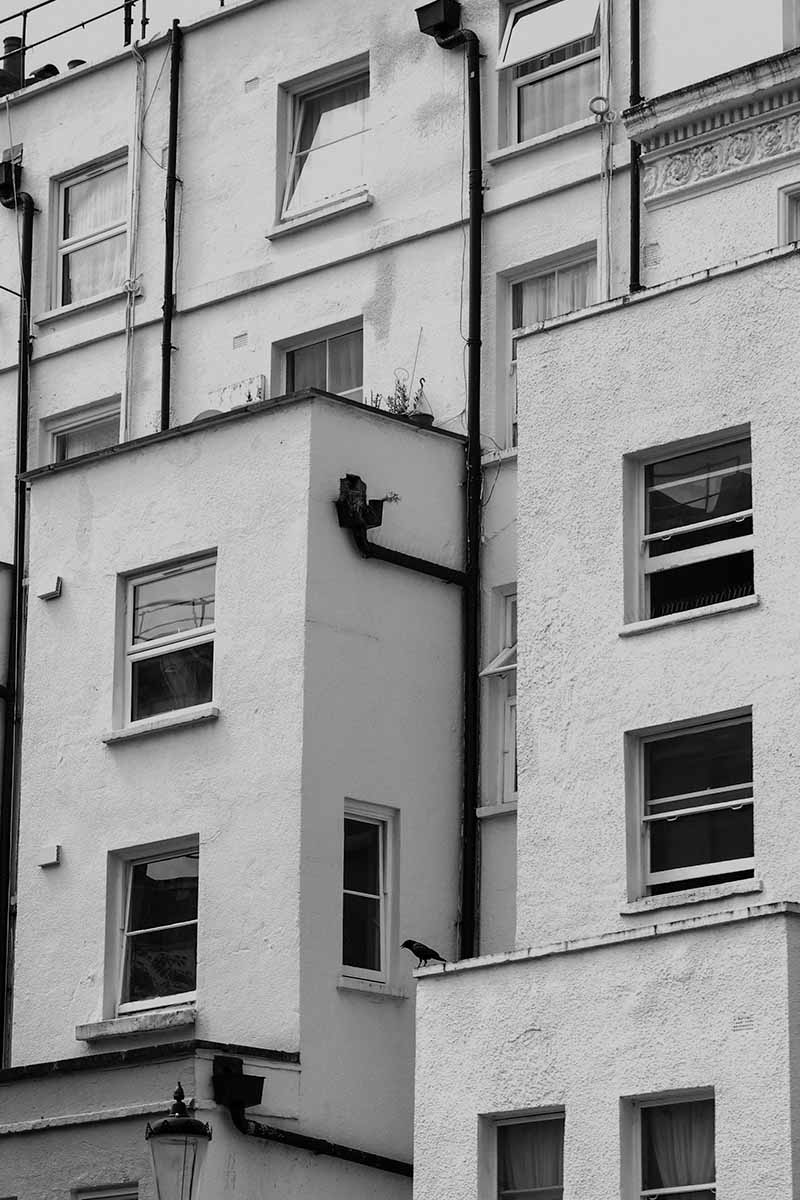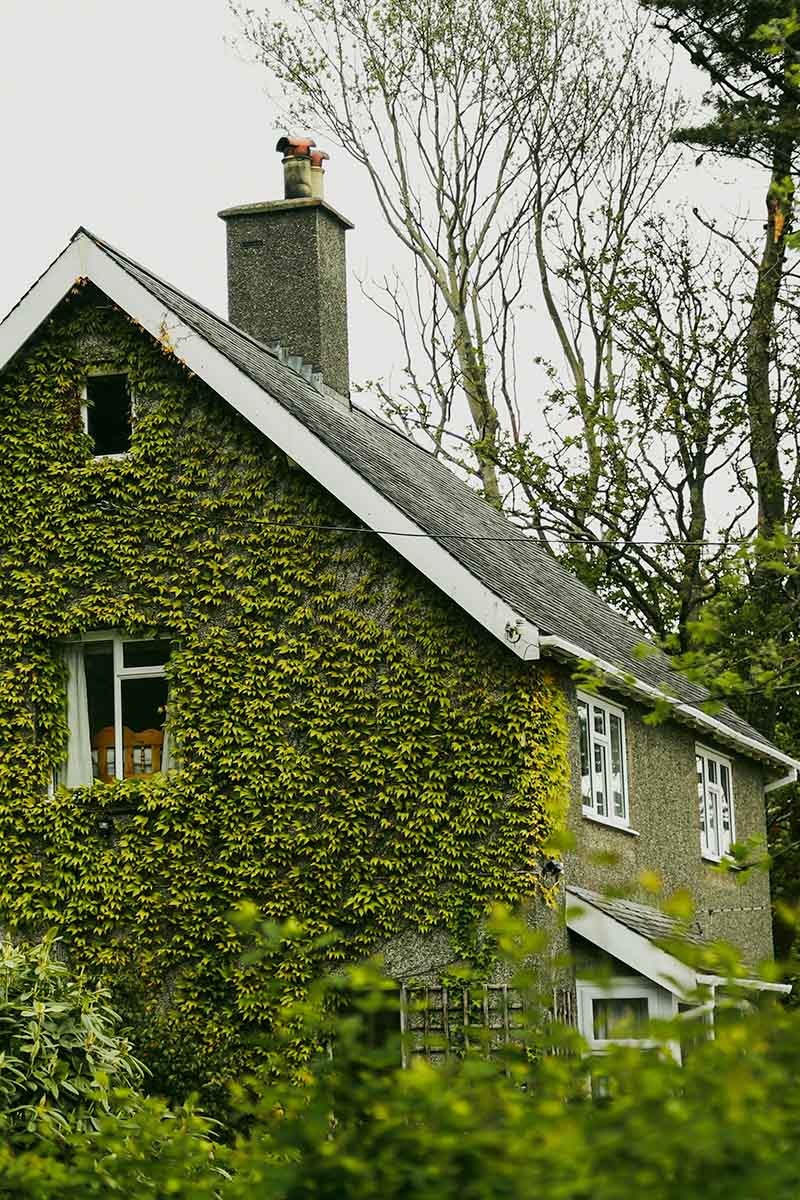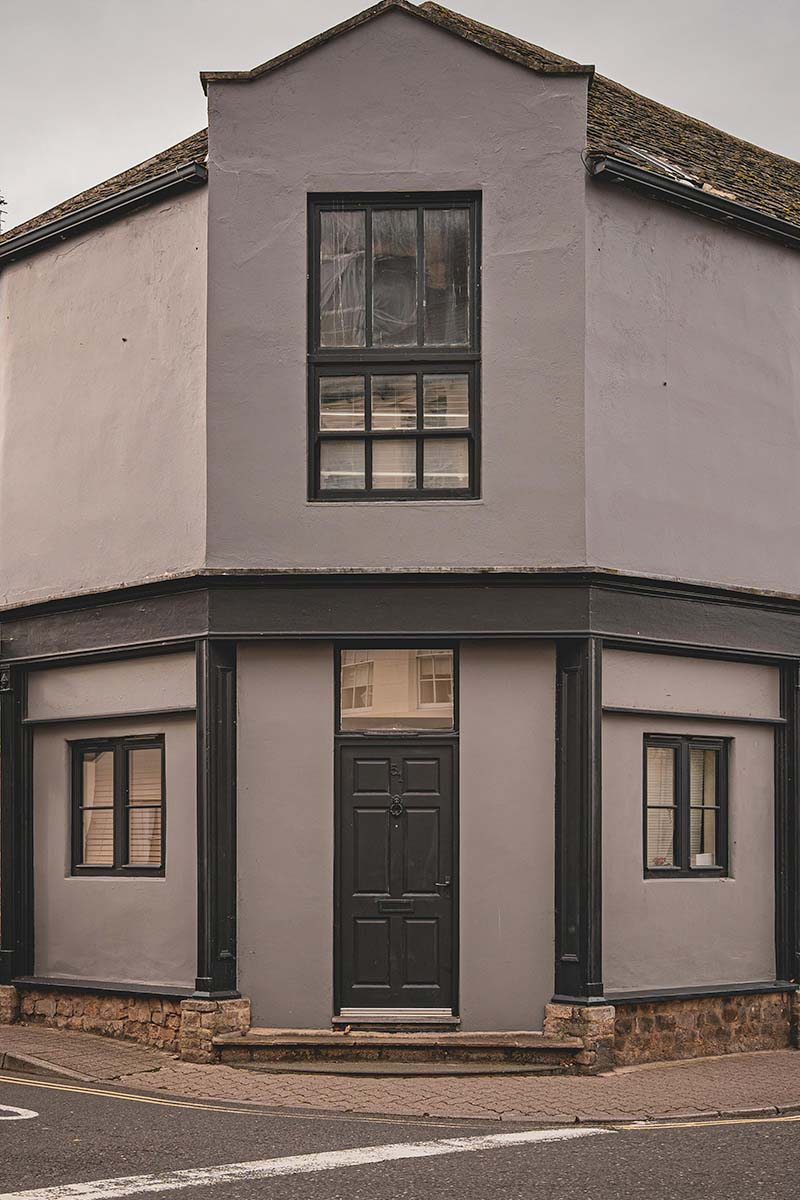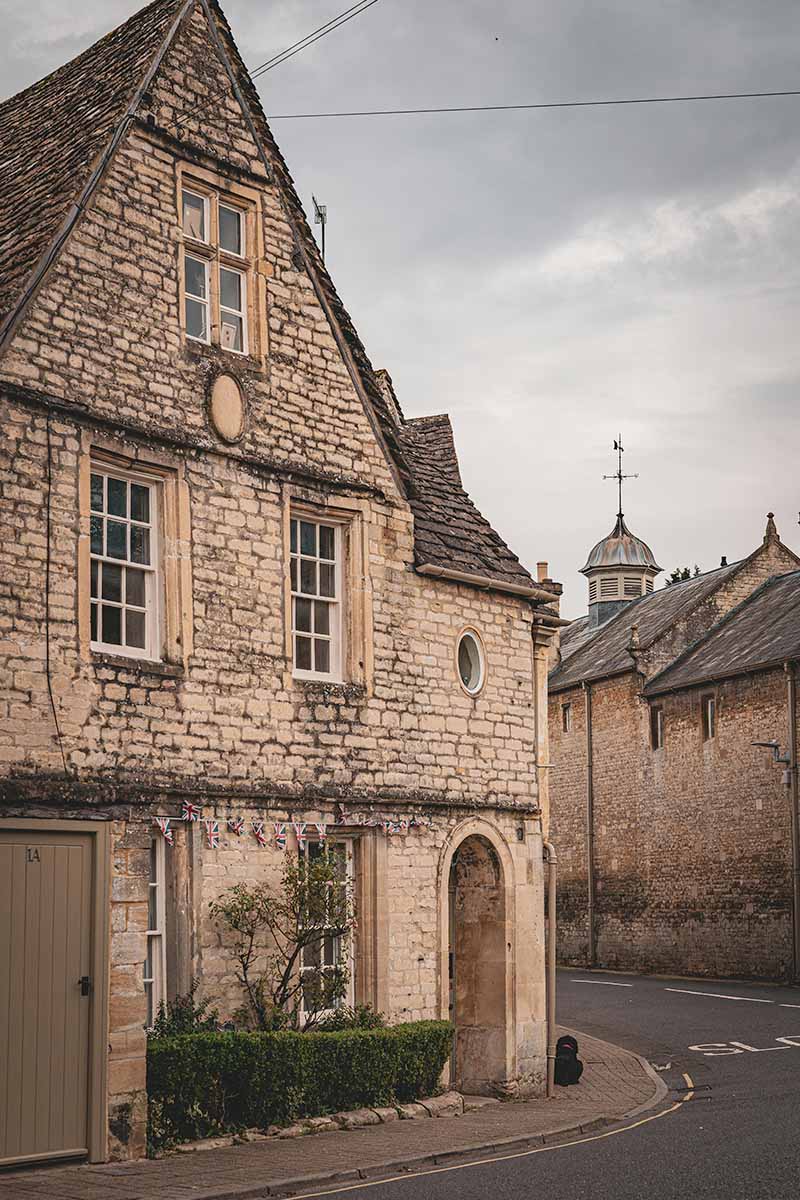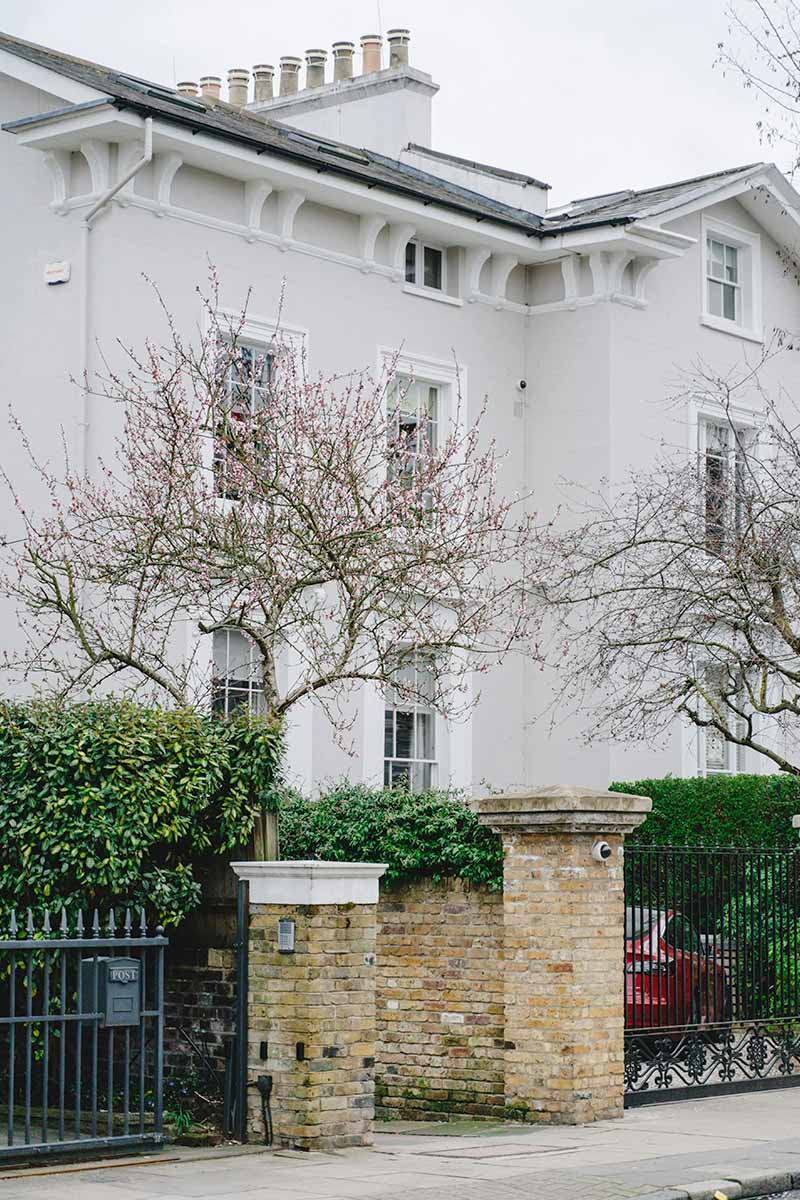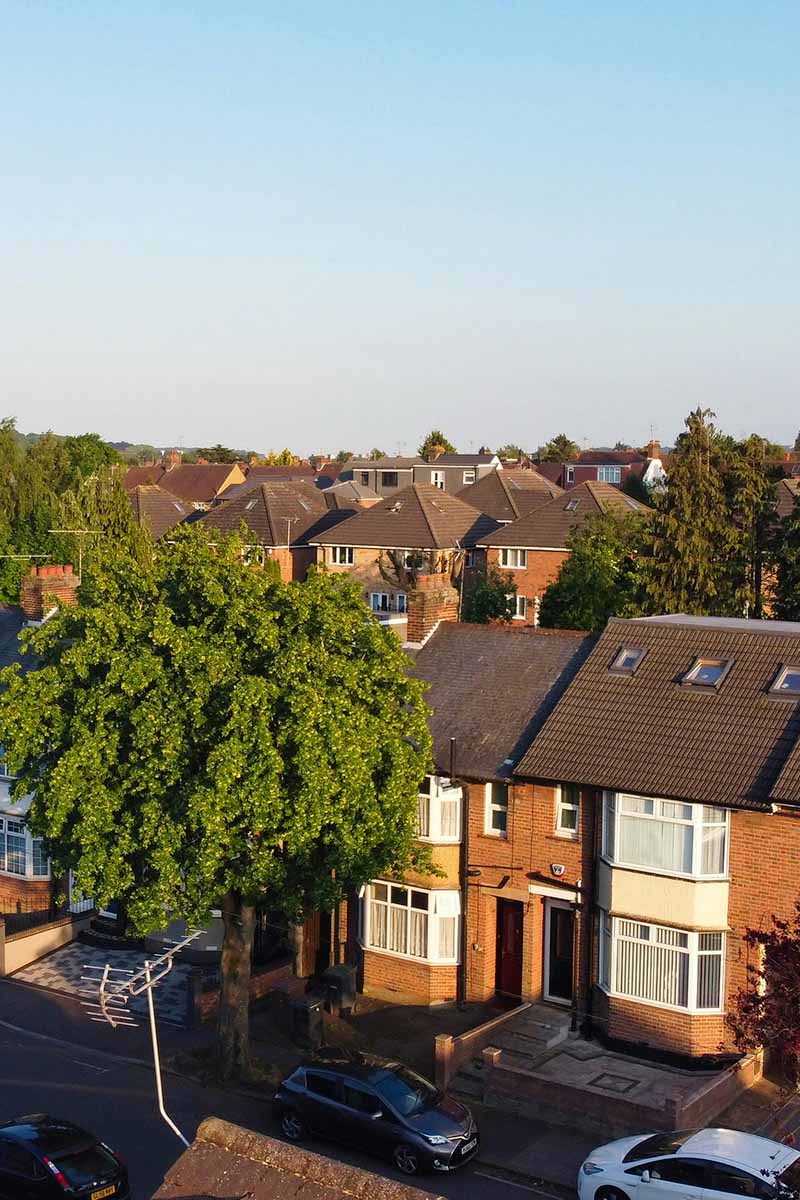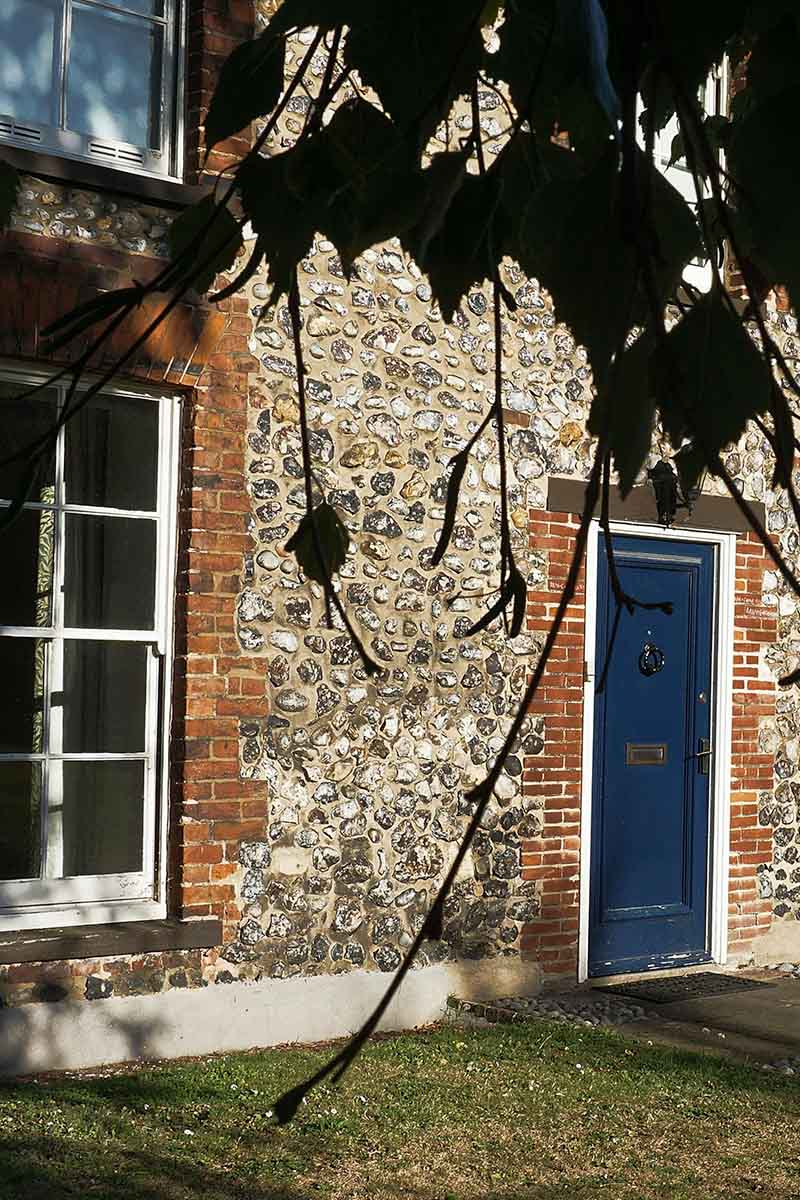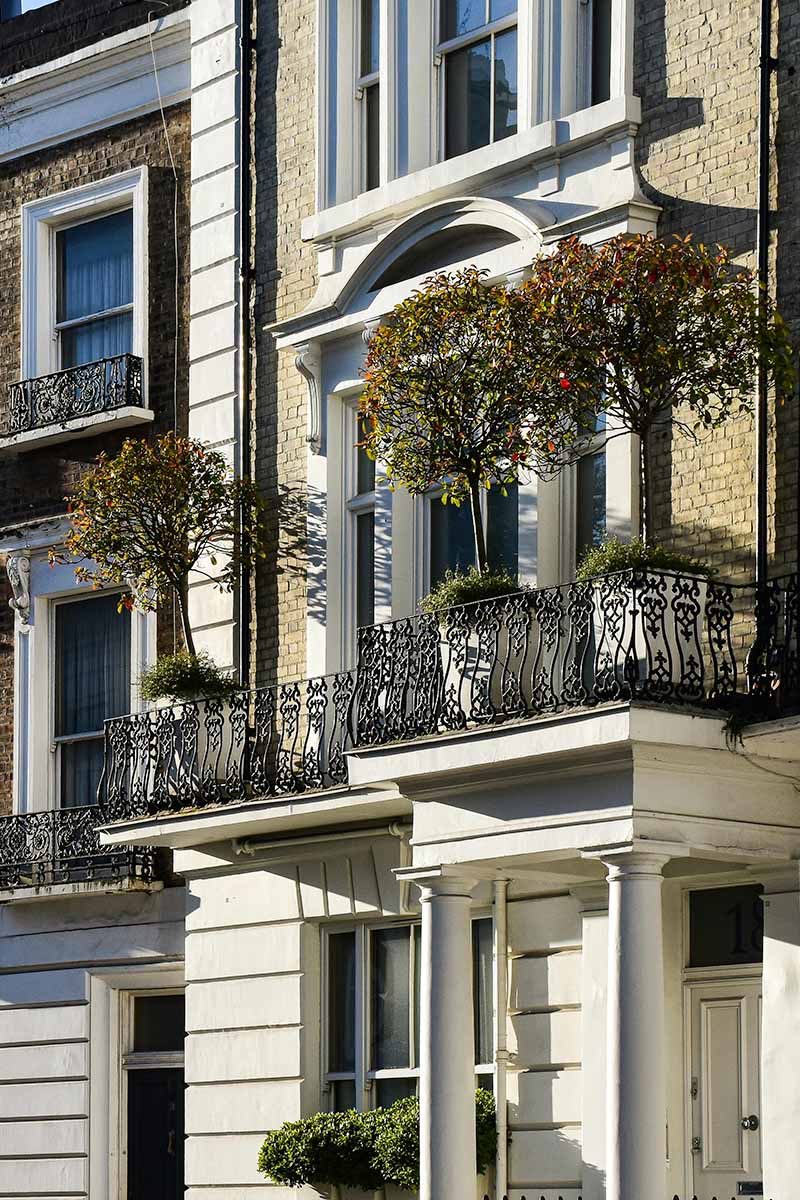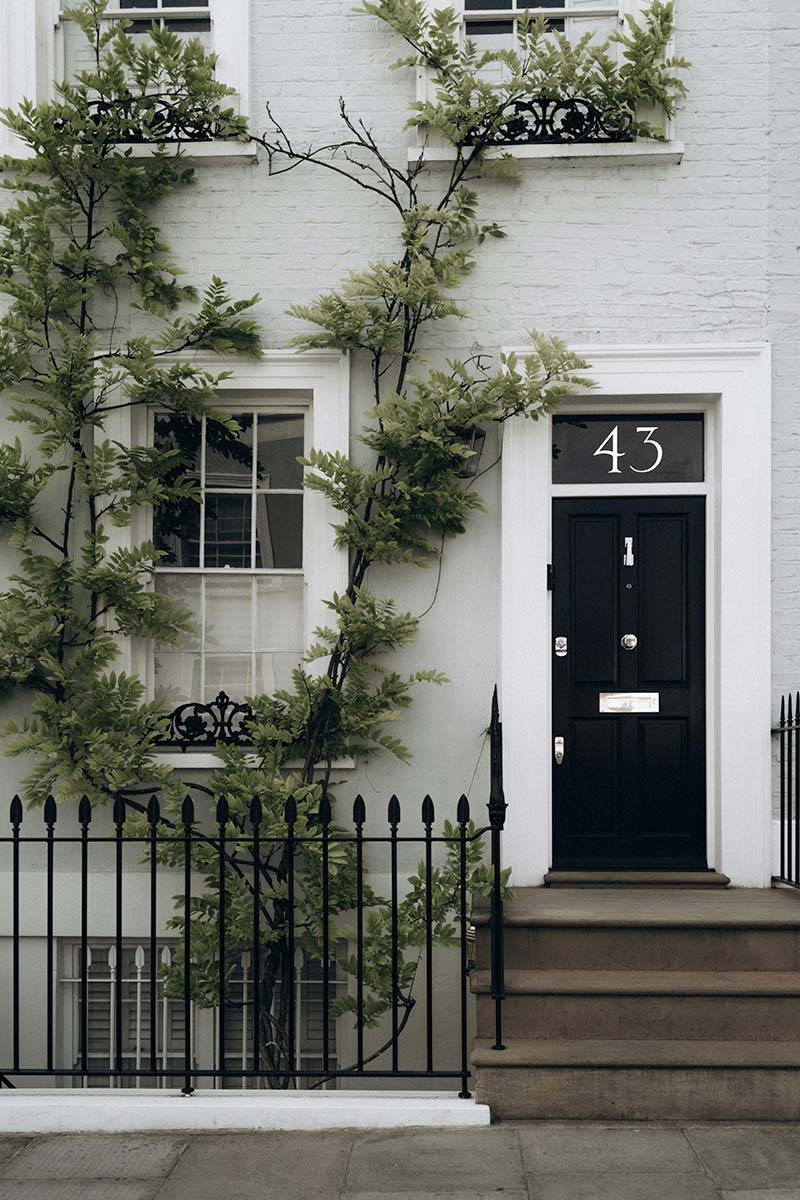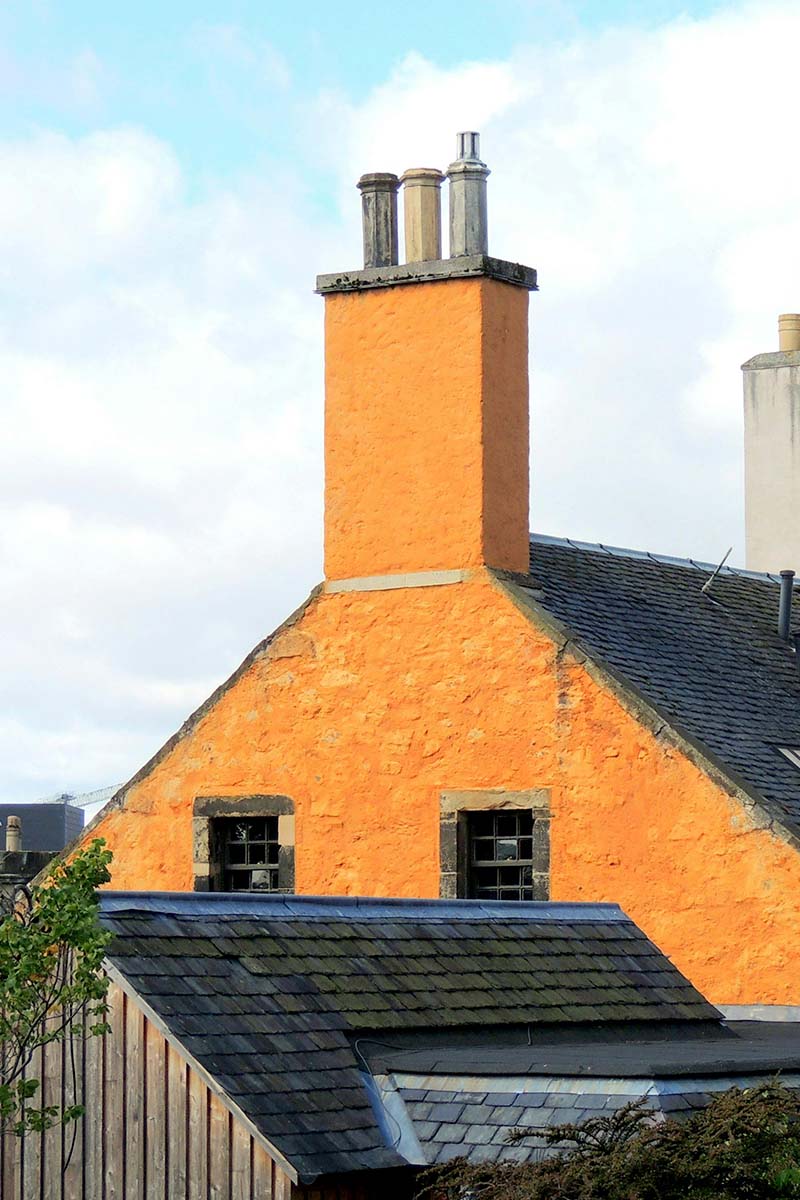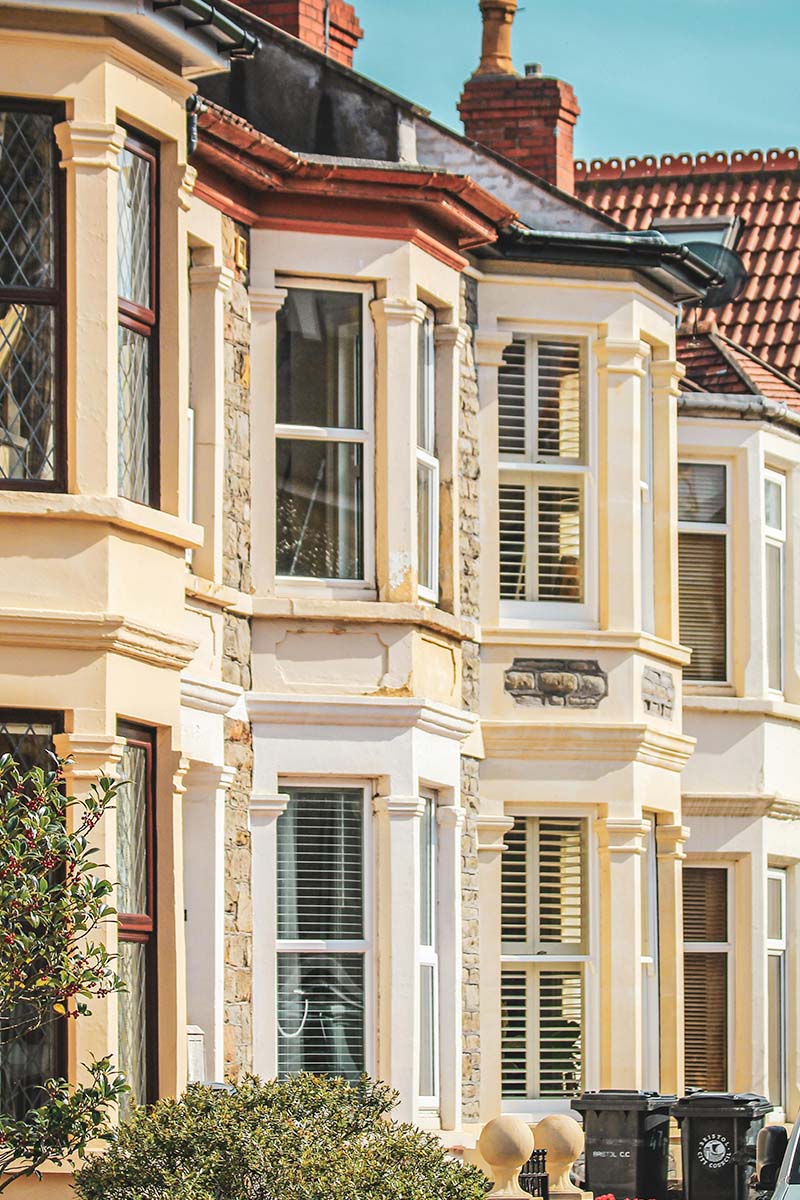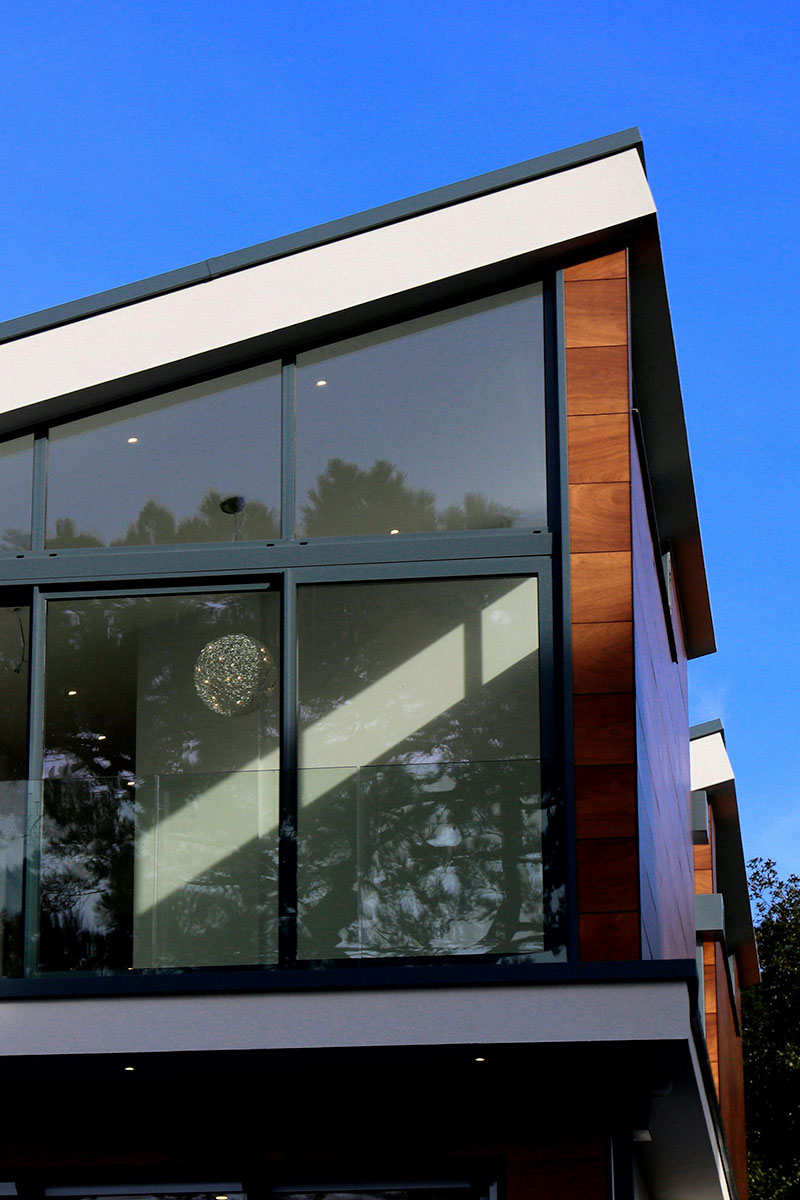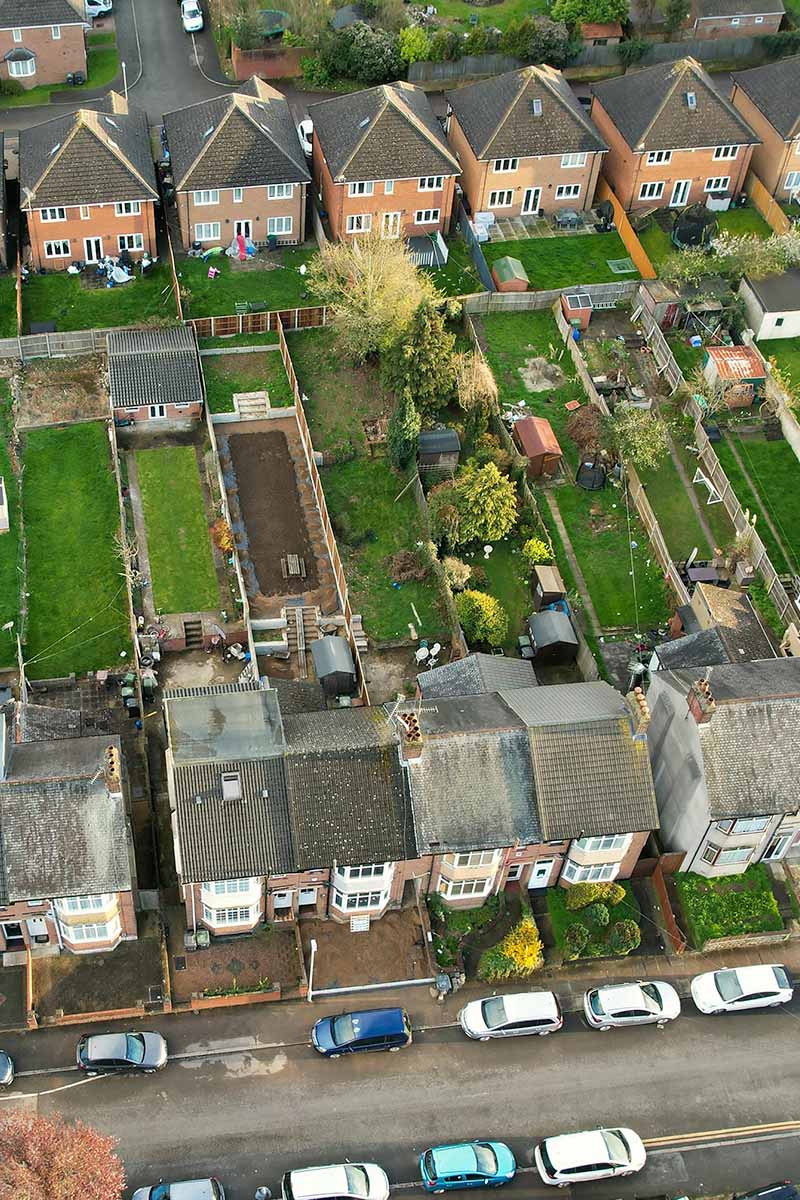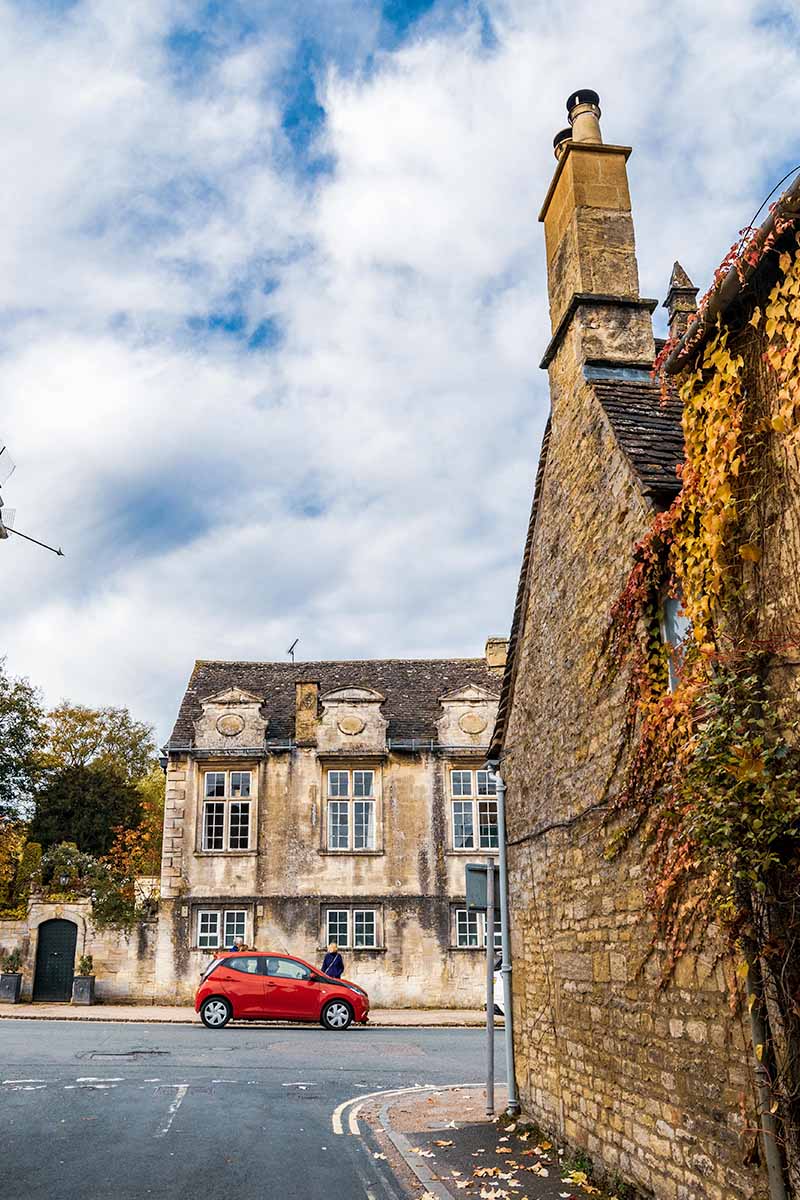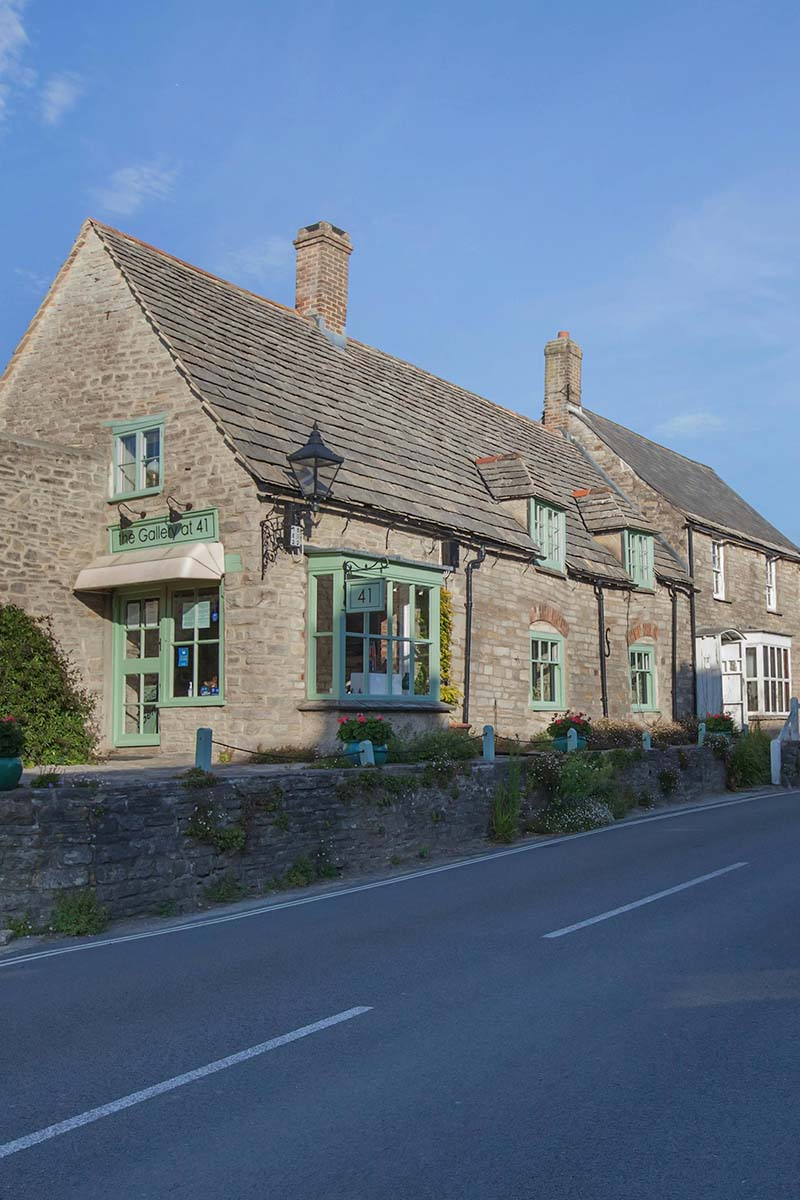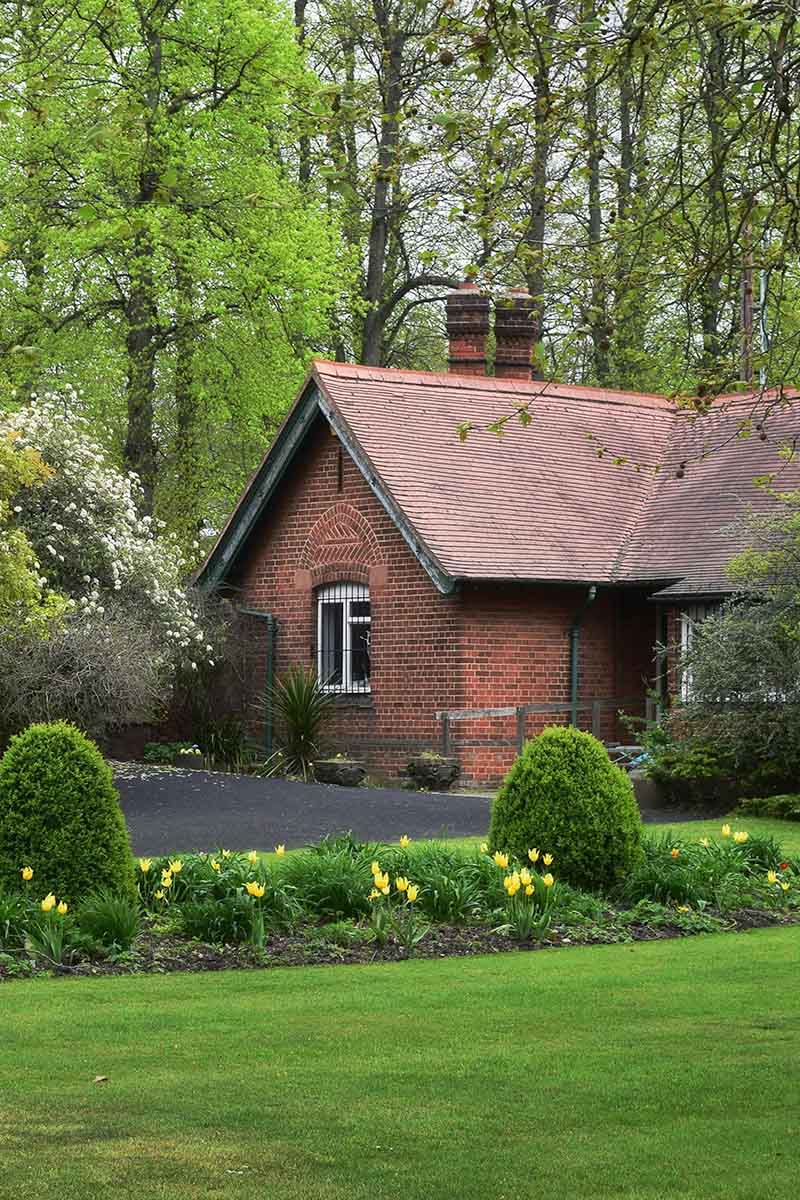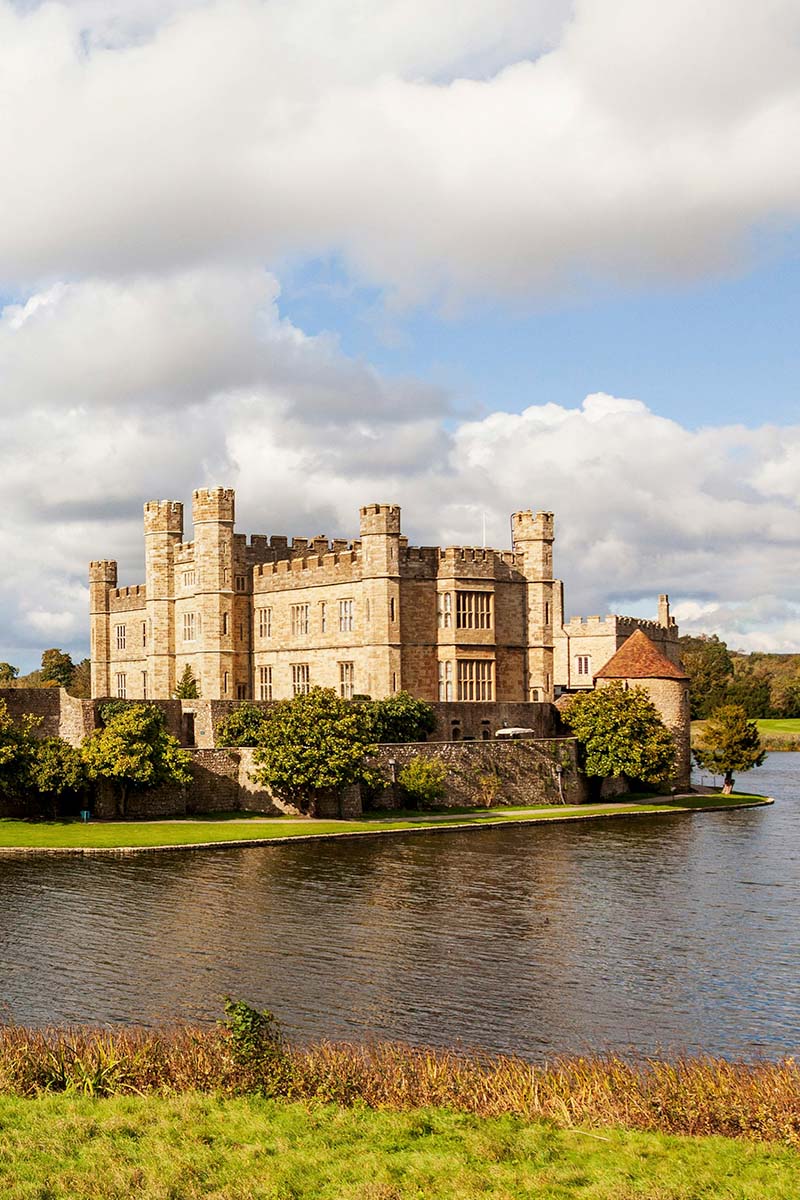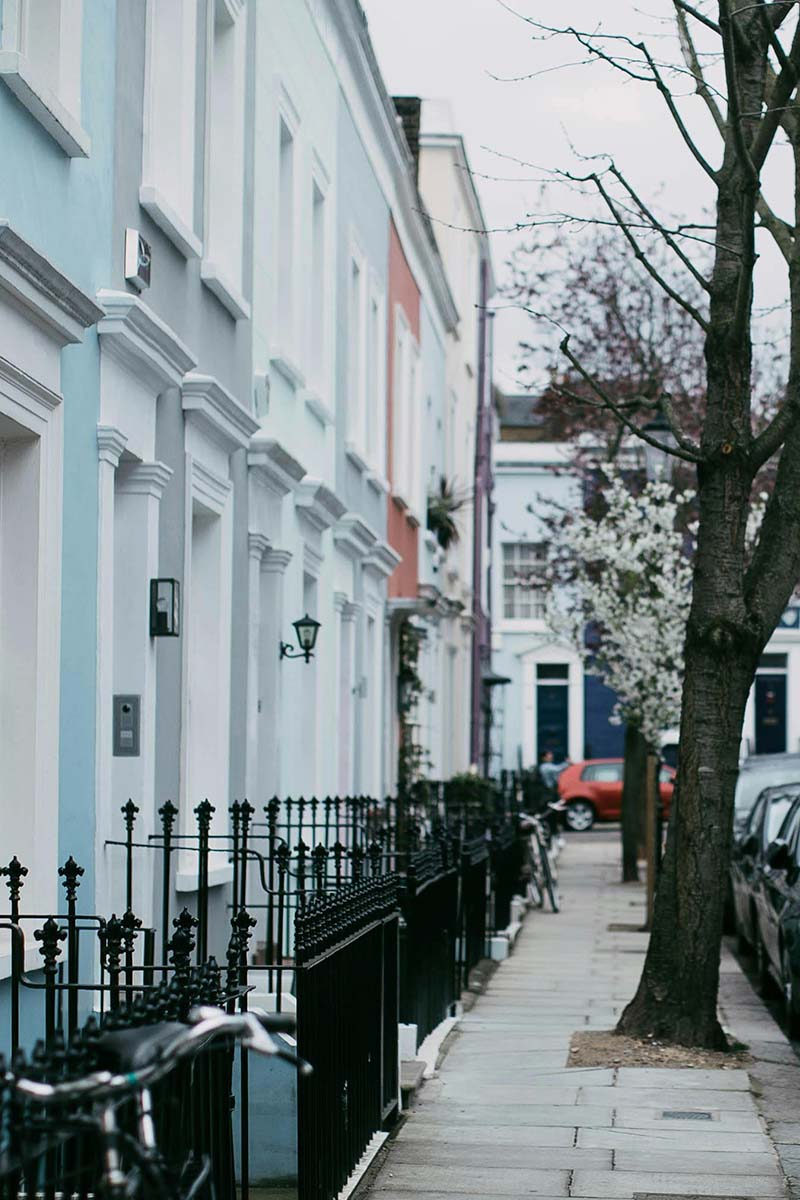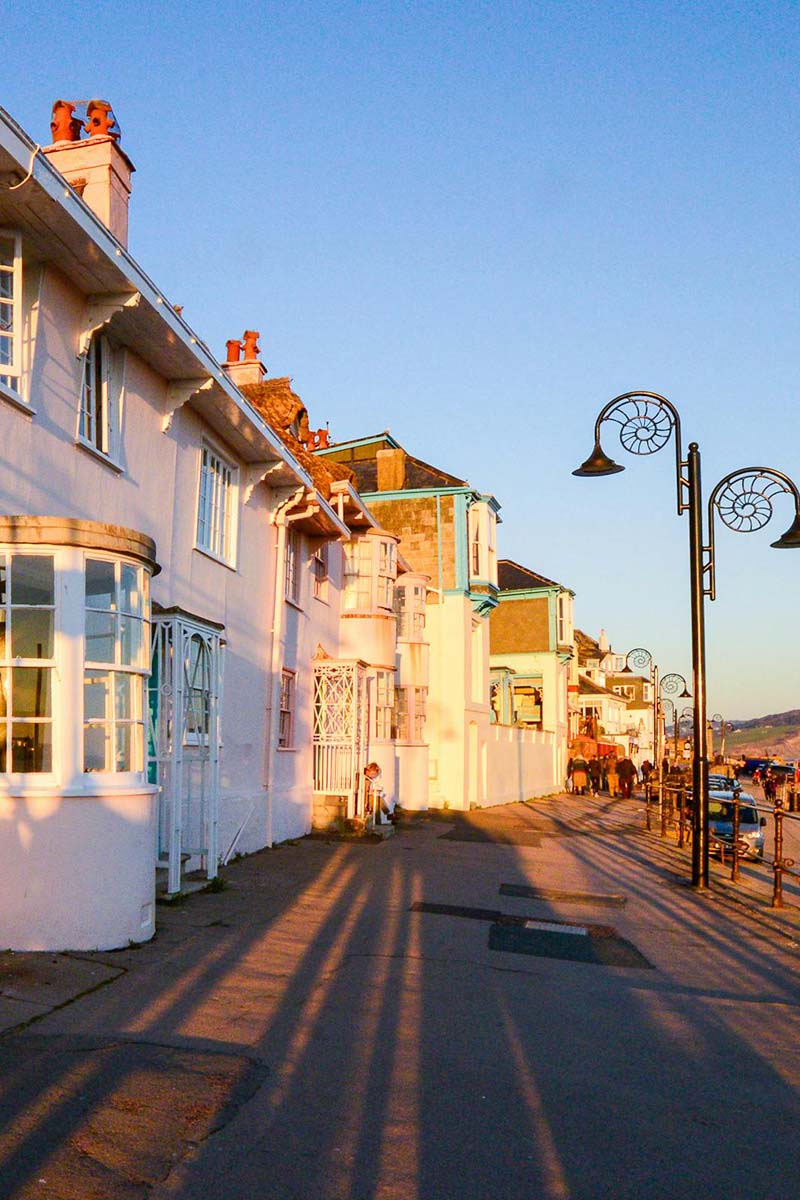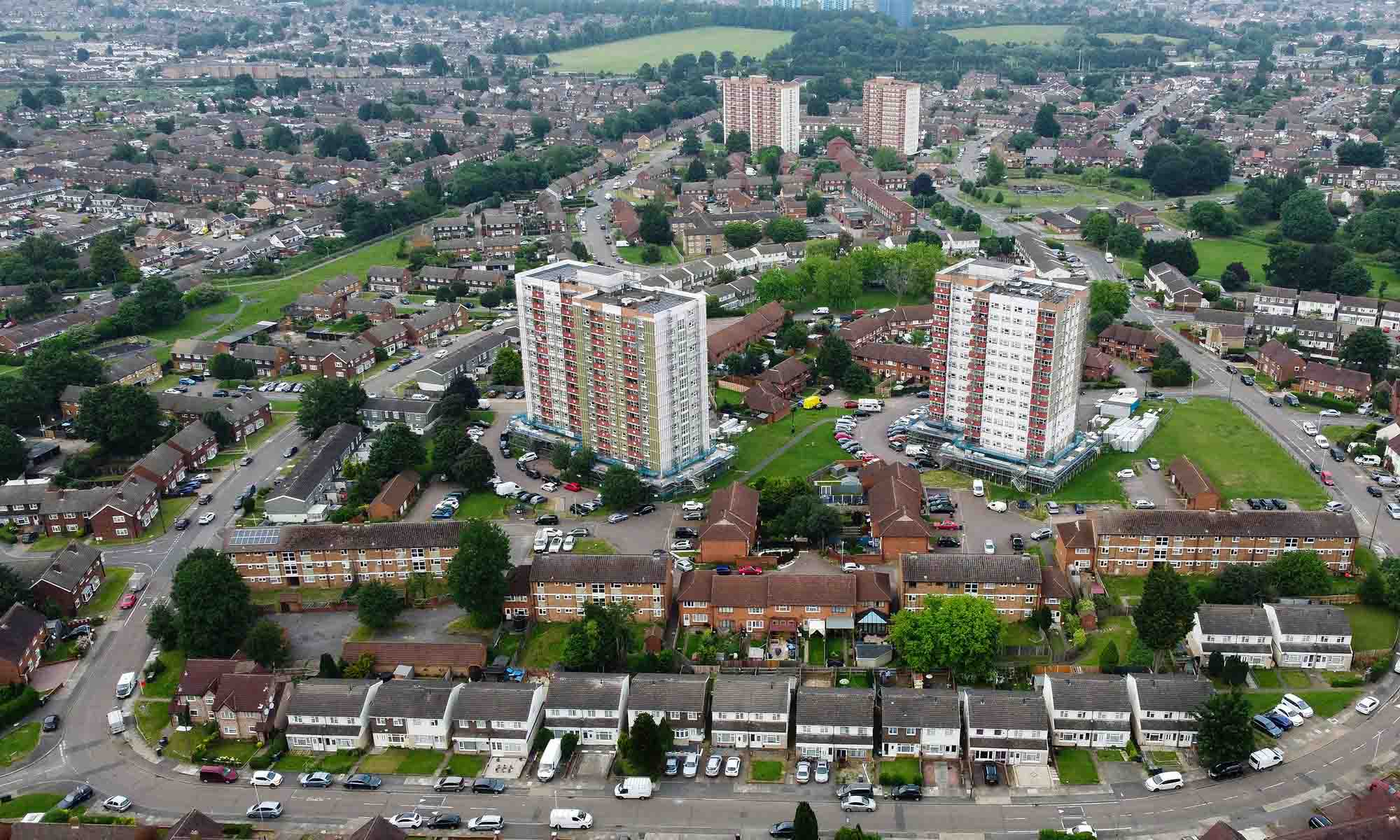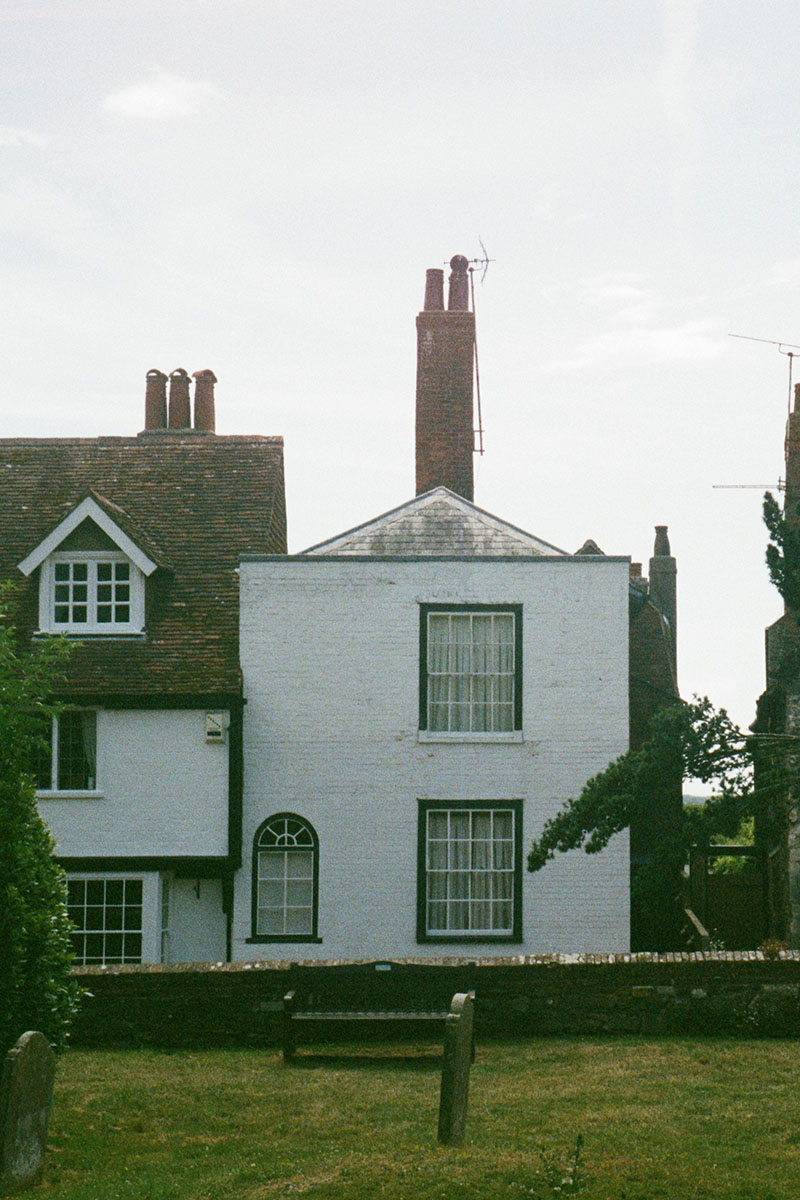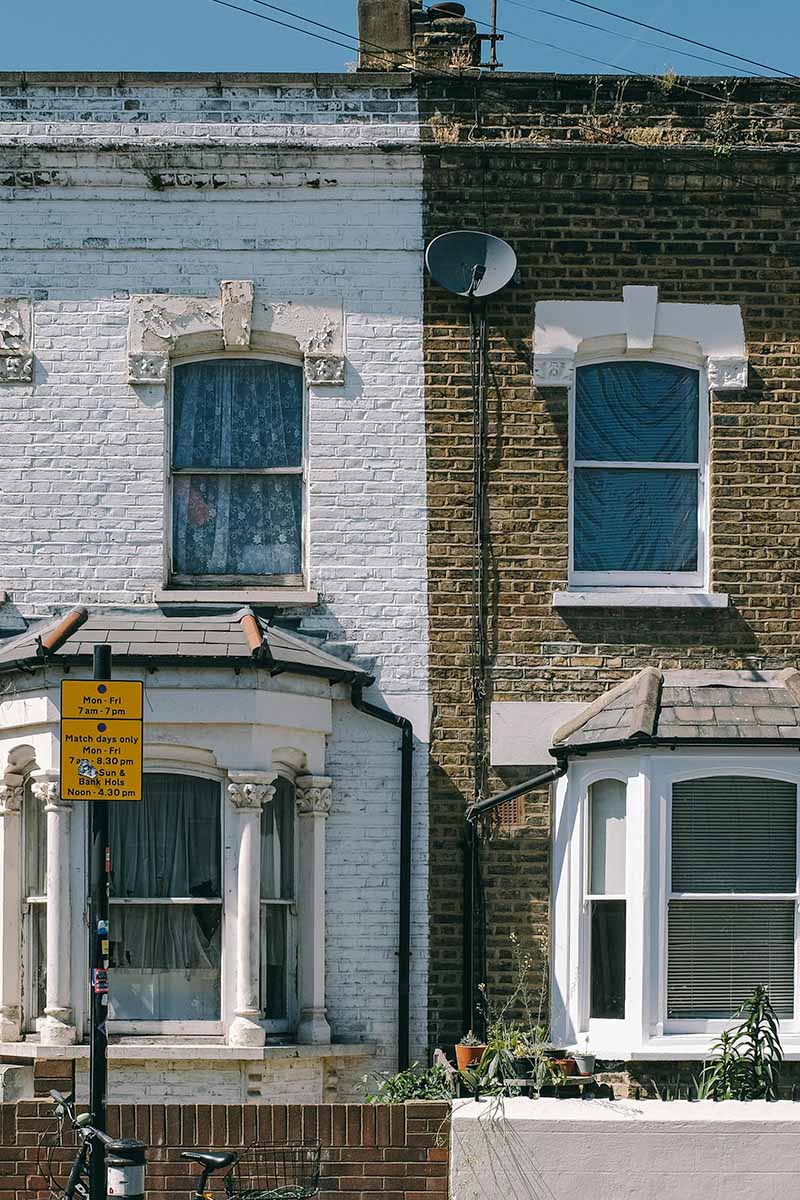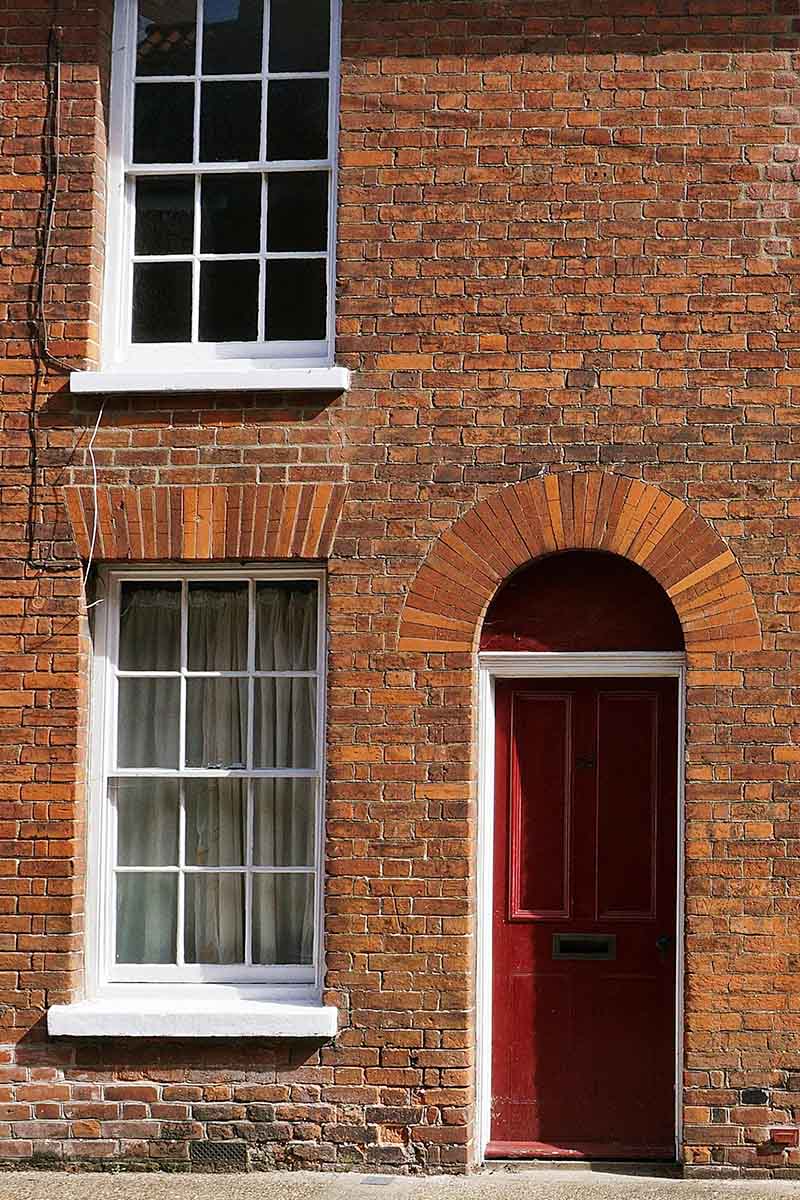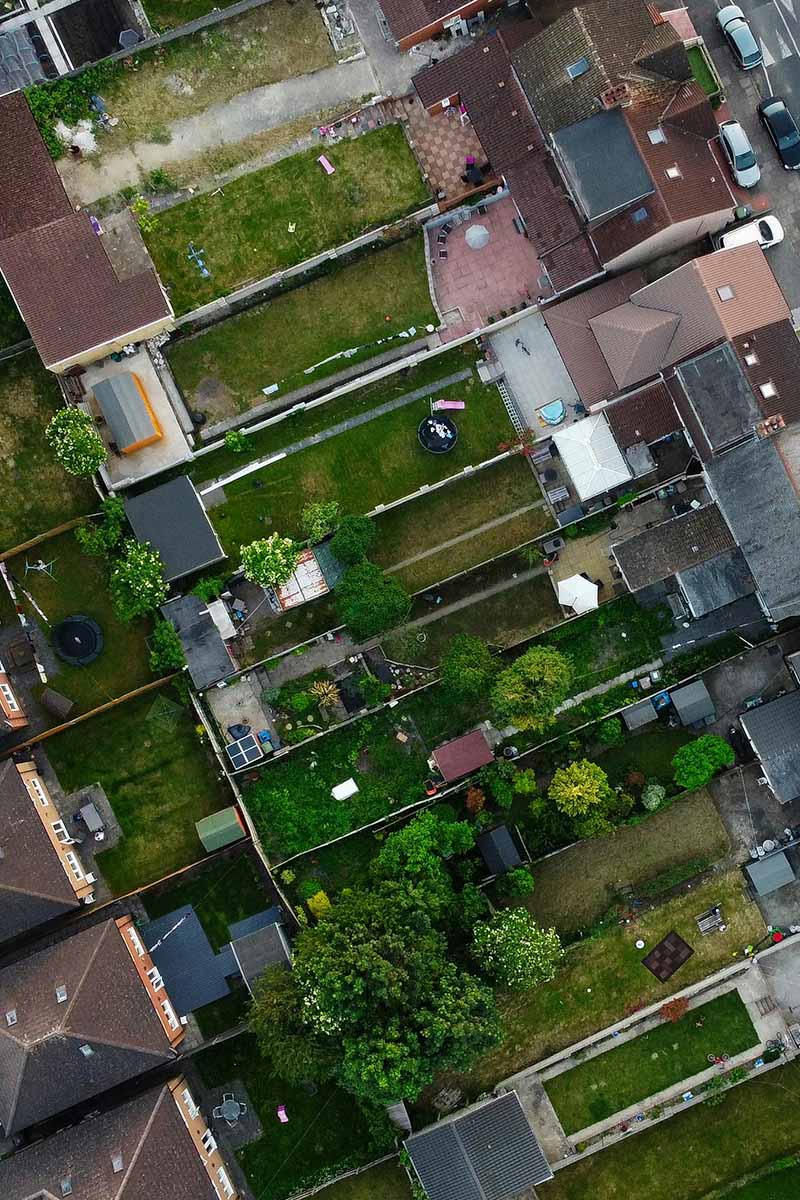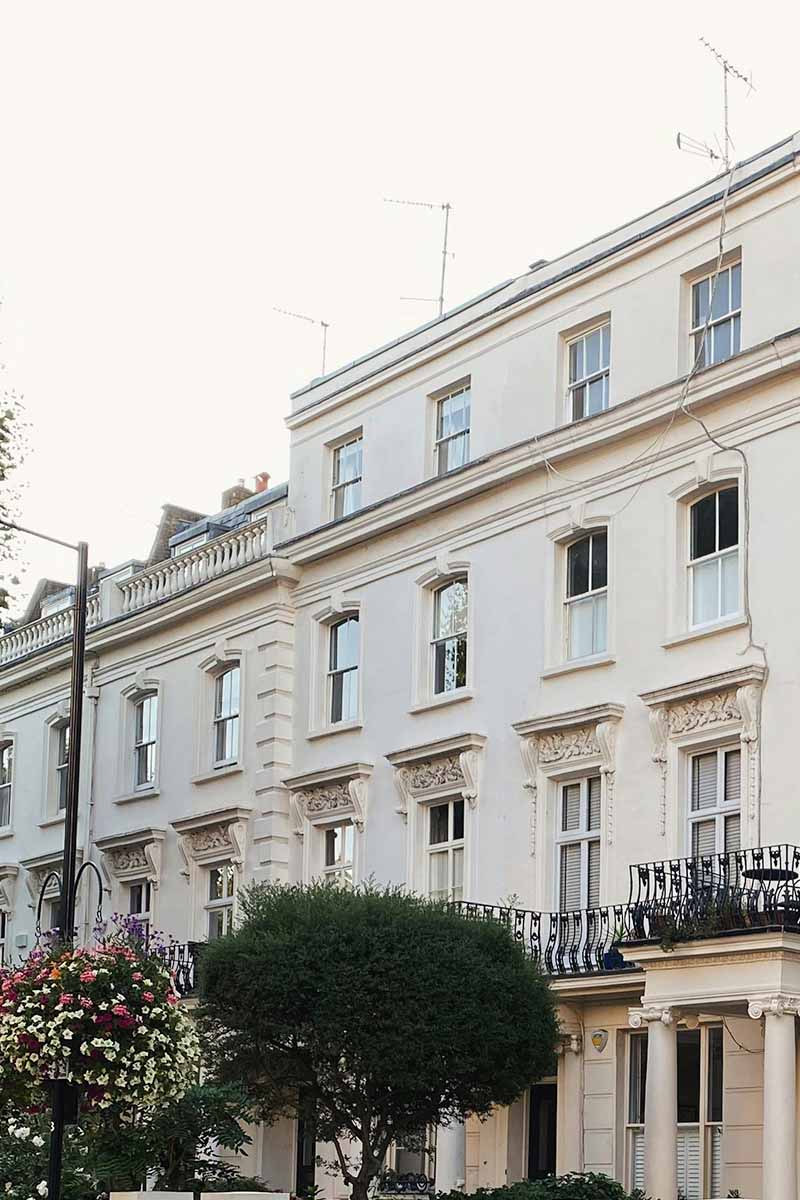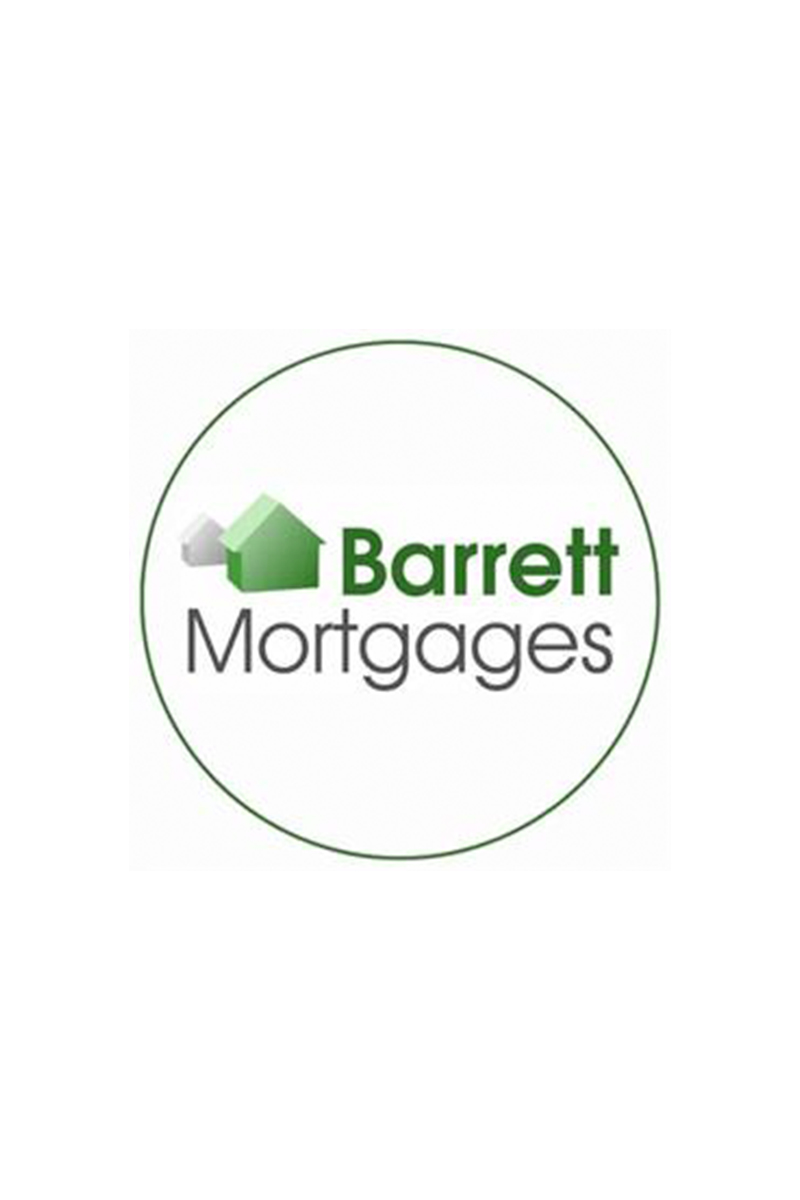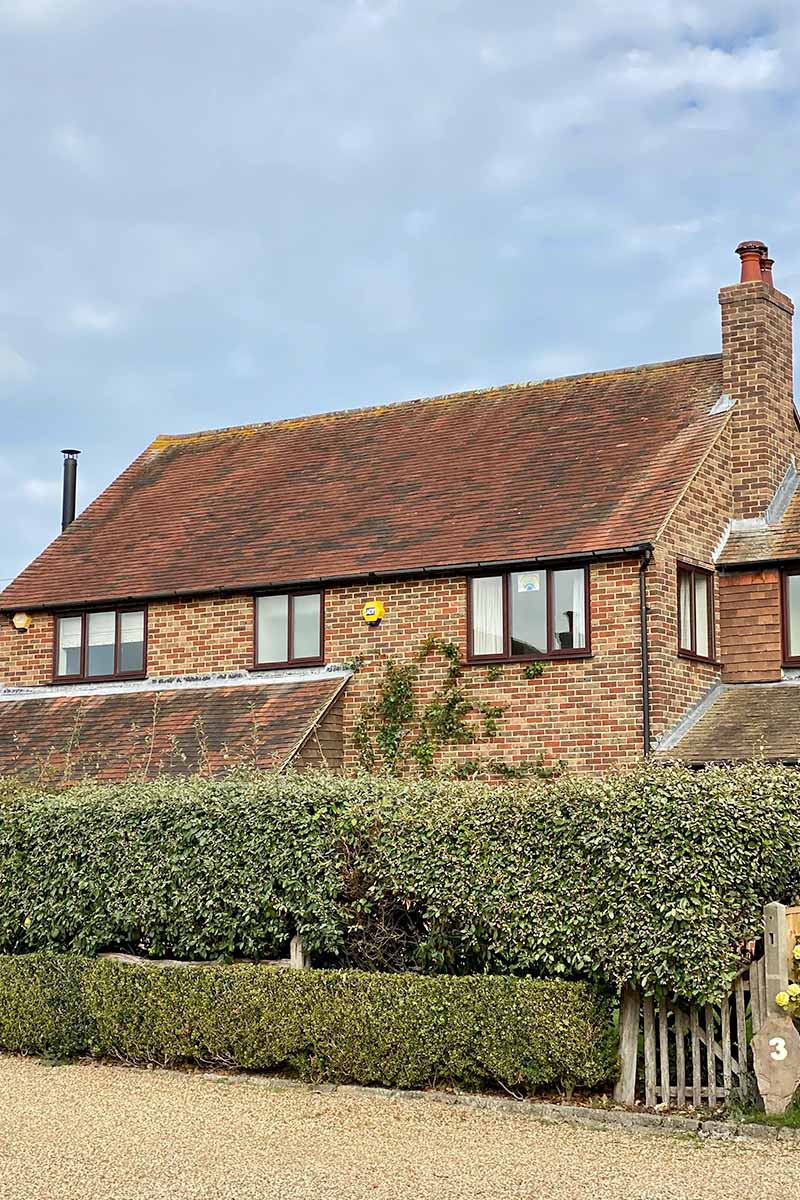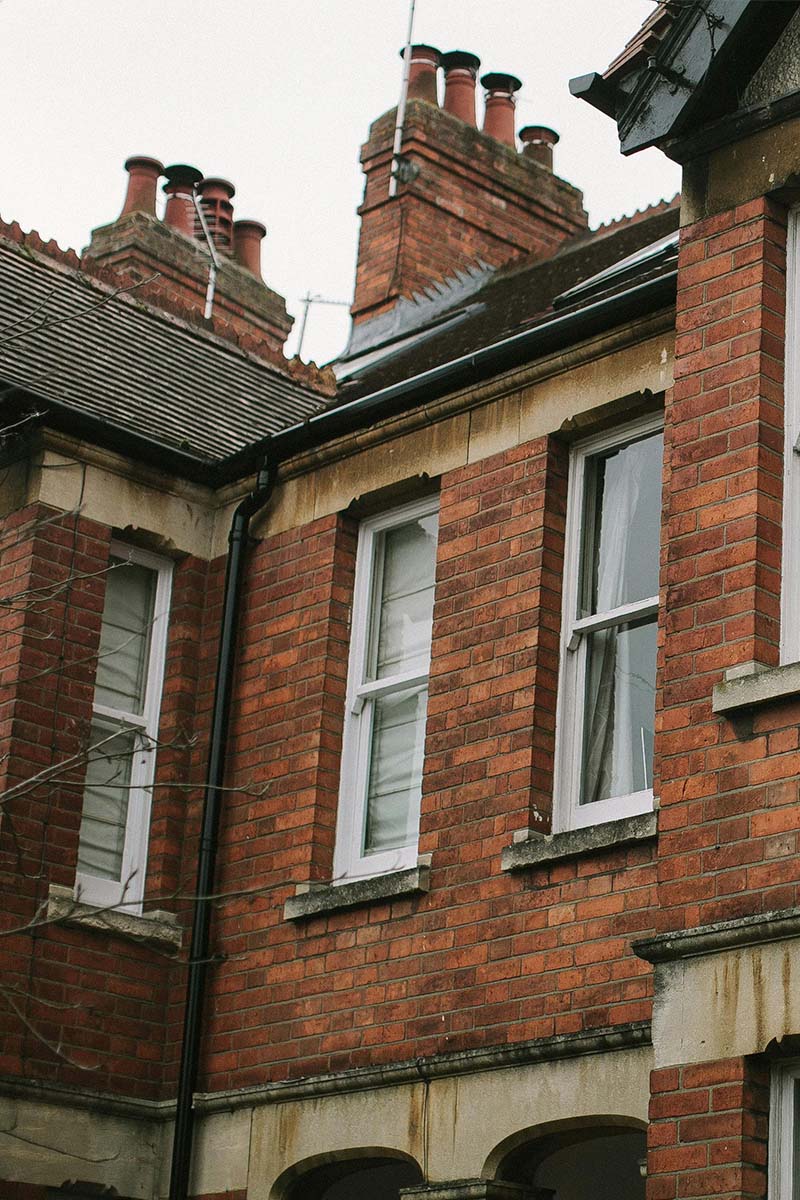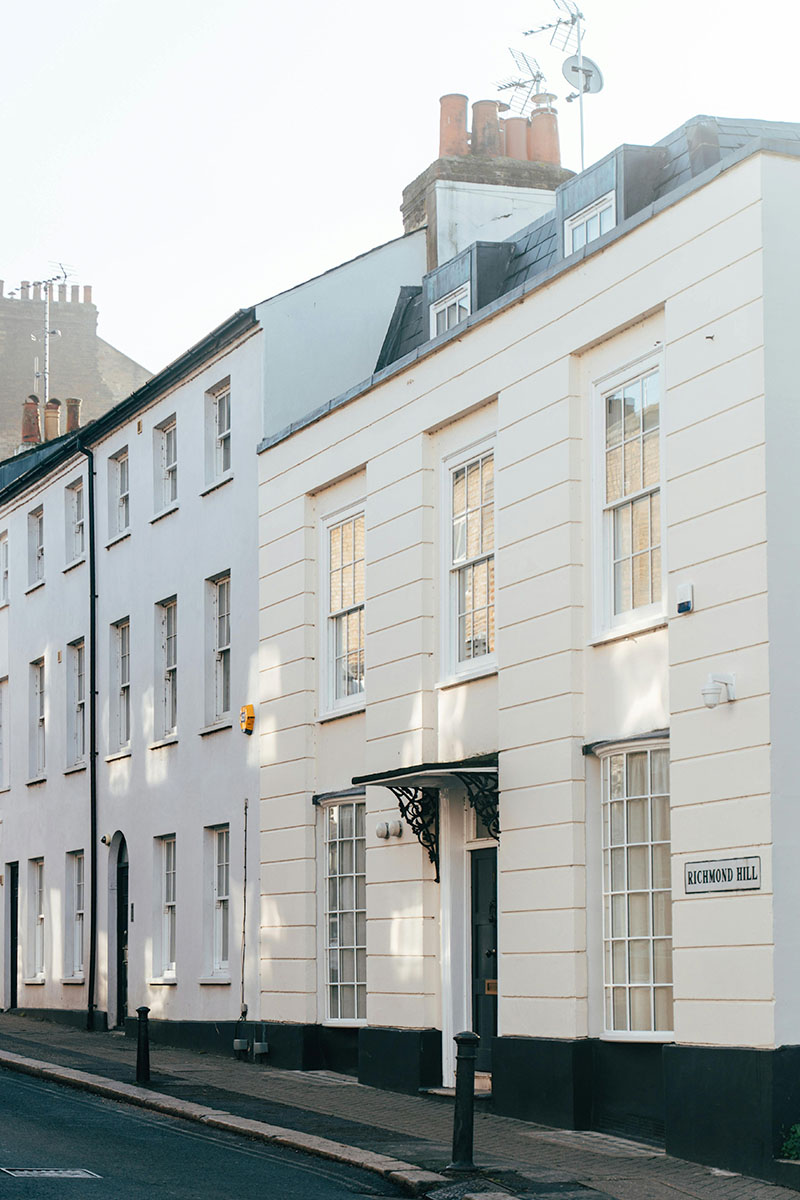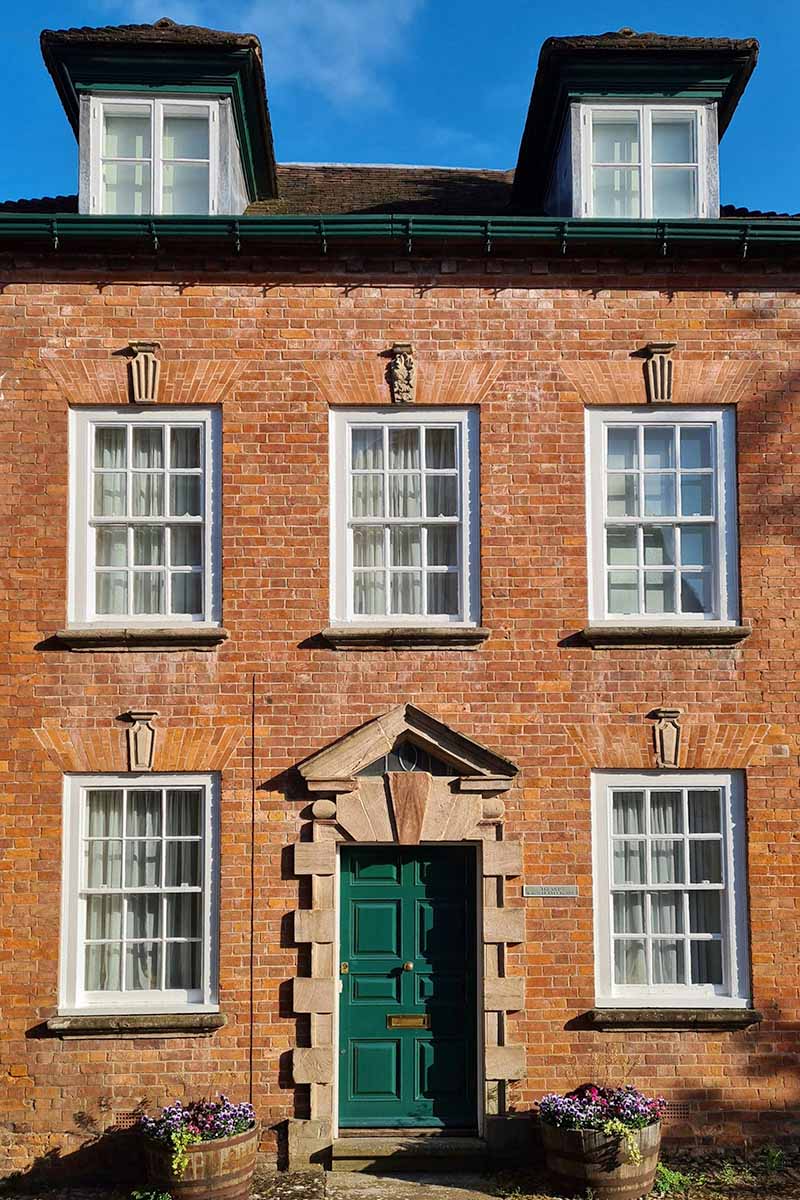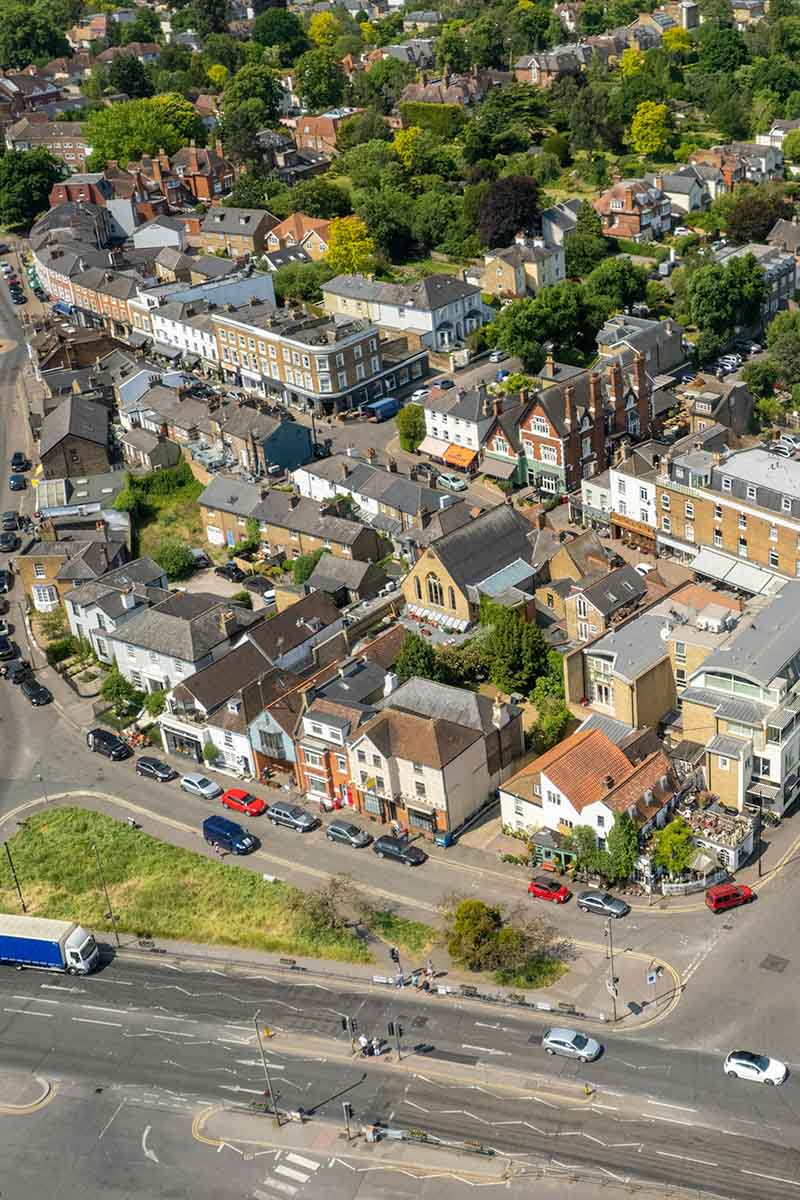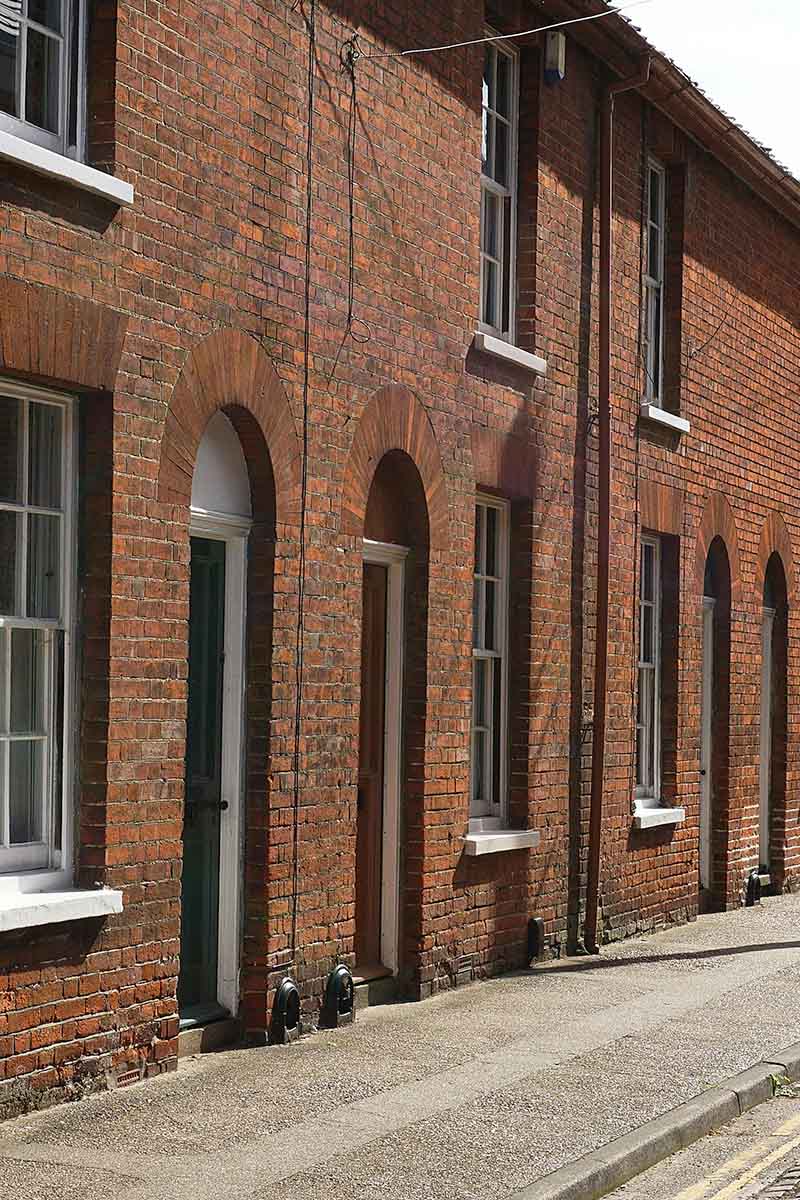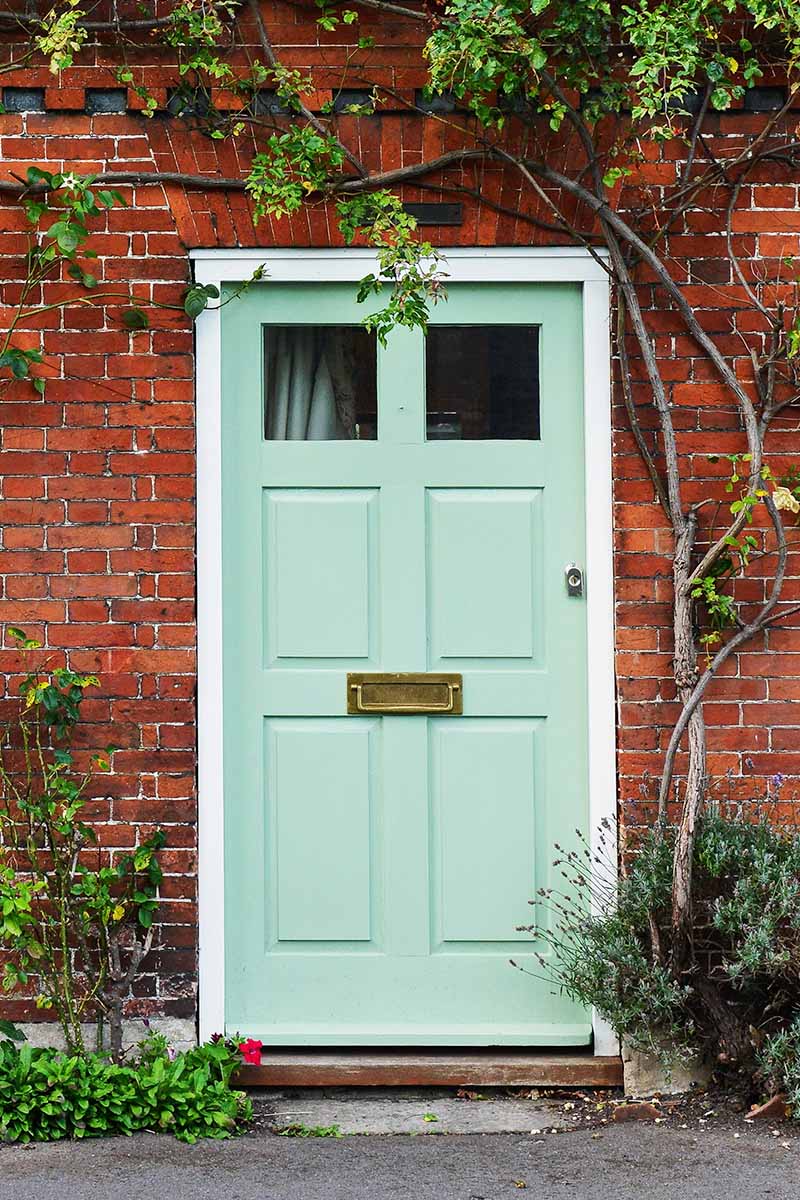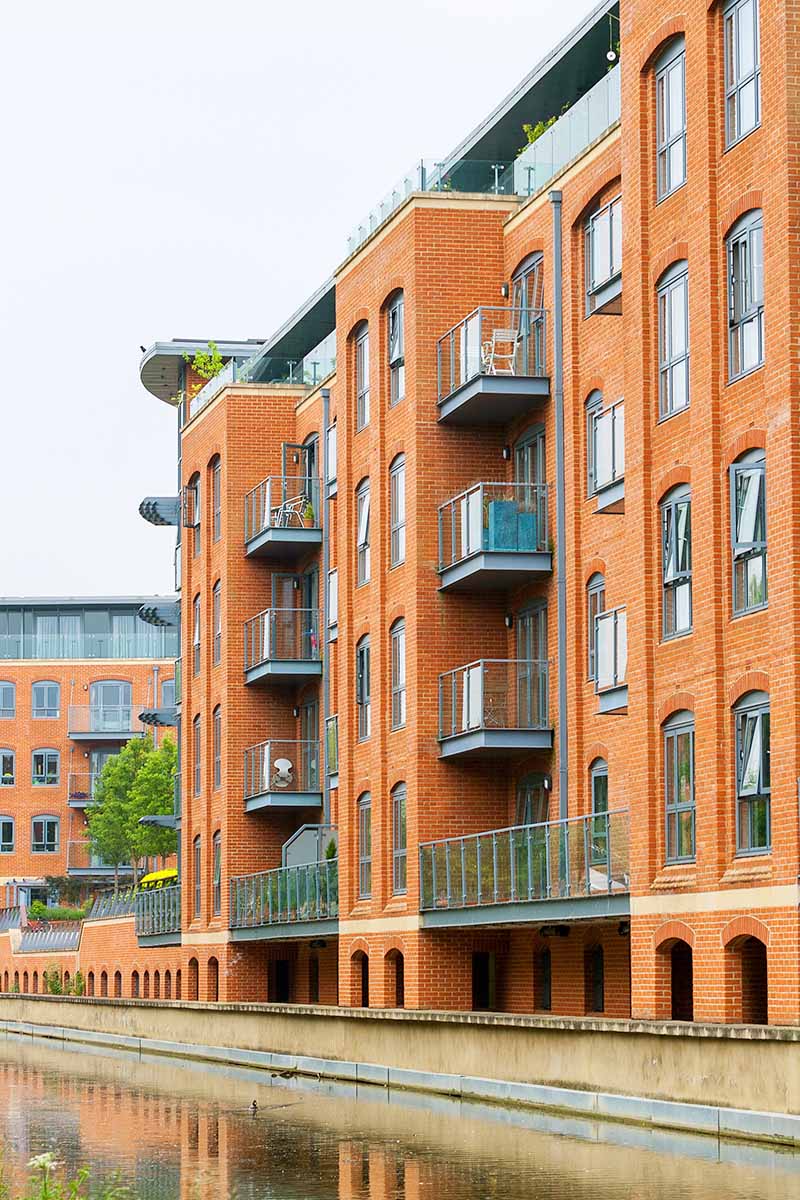Marriage value and lease extensions explained
Extending a lease can add years of ownership, remove ground rent, and increase your property’s value — but if your lease is under 80 years, the cost can rise sharply because of marriage value. This is the legal requirement to share part of the property’s value increase with your freeholder when extending a short lease, and it’s one of the most important factors to understand if you own or plan to sell a leasehold flat in England or Wales.
Marriage value is the extra cost paid to the freeholder when extending a lease with less than 80 years left.
- It’s 50% of the property’s value increase from the lease extension.
- Only applies when the lease term is under 80 years at the application date.
- Can add thousands — or in high-value areas, tens of thousands — to the cost.
- Calculation is based on the uplift in combined leaseholder and freeholder interests.
- Strongly affects market value, saleability, and mortgage eligibility.
- Government reforms aim to abolish marriage value, but the 80-year rule still applies in 2025.
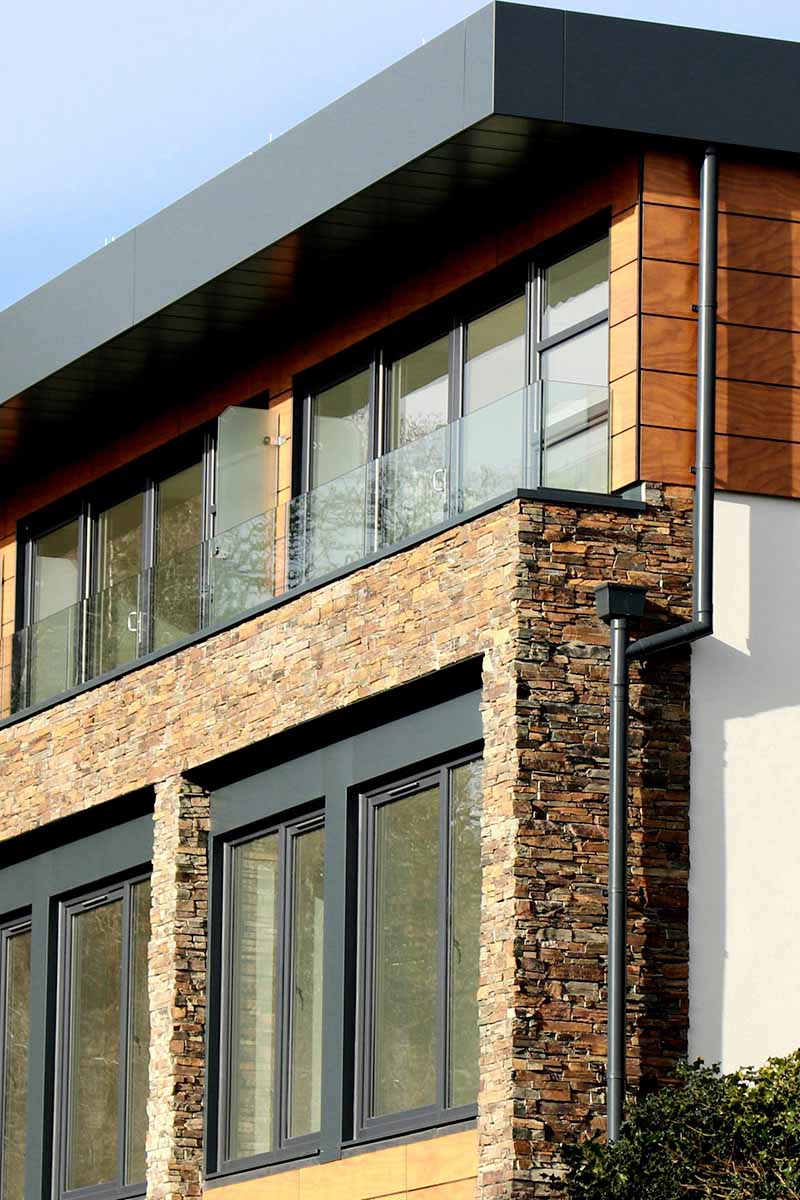
What marriage value is and why it exists
Marriage value is the increase in a property’s value that arises from extending a lease. Under current law, if a lease has less than 80 years remaining at the time of the extension application, this “profit” is shared equally between the leaseholder and the freeholder as part of the lease extension premium.
When a lease is extended:
- The leaseholder’s interest increases in value because the property is worth more with a long lease and minimal ground rent.
- The freeholder’s interest generally decreases, as their future ground rent income and the right to regain the property are pushed further into the future.
The marriage value represents the net increase when both interests are combined before and after the extension. The law requires a 50:50 split of that increase if the lease is below 80 years. Above 80 years, marriage value is deemed to be zero.
The 80-year rule and the “marriage value trap”
Marriage value is only payable when the lease has less than 80 years remaining at the start of the extension process. Above this threshold, the law deems the marriage value to be zero, so you only pay compensation for lost ground rent and reversion.
This creates a “cliff edge” where costs jump overnight as the lease slips below 80 years. In prime areas, the increase can be £40,000 or more.
How marriage value is calculated
Marriage value is calculated as the increase in the total value of all interests when the lease is extended. The formula is:
Marriage value = (Leaseholder’s post-extension value + Freeholder’s post-extension value + Any intermediate interests post-extension) − (Leaseholder’s pre-extension value + Freeholder’s pre-extension value + Any intermediate interests pre-extension)
If the lease is below 80 years, 50% of this figure is payable to the freeholder as part of the premium.
Worked example:
- Leaseholder’s interest before extension: £150,000.
- Freeholder’s interest before extension: £6,600.
- Combined total before: £156,600.
- Leaseholder’s interest after extension: £165,000.
- Freeholder’s interest after extension: £74.
- Combined total after: £165,074.
- Marriage value = £8,474 → Leaseholder’s share: £4,237.
This amount is added to the freeholder’s loss from reduced ground rent and reversion, giving the total premium.
Key components in the calculation
Several valuation elements feed into the marriage value figure:
- Current property value with short lease – set by market conditions and comparable sales.
- Expected value after extension – market value with 90+ years added and ground rent reduced to a peppercorn.
- Ground rent capitalisation – present value of all future ground rent payments.
- Reversionary value – the value of the freeholder regaining the property at lease end.
- Relativity – the proportionate value of the property with a short lease compared to a long lease.
- Local market conditions – property values and demand in your area.
Specialist surveyors are needed for accurate figures, as these inputs can be disputed and negotiated.
Step-by-step lease extension process
If you’re extending your lease, here’s how marriage value fits into the process:
- Check your lease length – Get a copy of your lease from the Land Registry if unsure.
- Get a valuation – Hire a surveyor to estimate the premium, including marriage value if under 80 years.
- Decide on extension route:
- Statutory: 90 years added, ground rent reduced to zero, calculation based on 1993 Act (includes marriage value if applicable).
- Informal: Negotiated directly with freeholder — terms may vary, but marriage value will usually still be factored in.
- Serve notice (statutory) – Locks in the valuation date, which can help avoid marriage value if served before 80 years.
- Negotiate premium – Surveyors for both sides discuss the inputs, including market value uplift.
- Agree terms and complete – Once the premium is agreed (or determined by tribunal), the extension is finalised and registered.
Regional impact of marriage value
The cost impact of marriage value varies significantly across England and Wales because it’s based on the property’s market value.
In higher-value areas, the uplift in value from a lease extension is greater, so the marriage value (and your 50% share of it) is also higher.
Save time and hassle by selling your home with us
Get a guaranteed cash offer on any property in England and Wales. All you need to do to get started is enter your address below.
How marriage value affects selling your property
A short lease under 80 years can:
- Reduce your property’s market value.
- Put off buyers who don’t want to pay for an extension.
- Make mortgage approval harder — many lenders require at least 70–75 years.
Seller strategies:
- Extend before selling to maximise value and widen your buyer pool.
- Serve and assign a Section 42 notice to lock in the valuation date, potentially avoiding marriage value.
- Sell to a house cash buyer for a faster transaction, accepting a lower price in exchange for speed.
Real-world examples
Common misconceptions
“Marriage value is a tax.”
False — it’s a private payment to the freeholder, not to the government.
“Only applies in expensive areas.”
False — it applies across England and Wales. The amounts are higher in high-value markets.
“You can avoid it with an informal deal.”
Freeholders usually still include marriage value in informal negotiations for leases under 80 years.
Planned reforms and the future of marriage value
The Leasehold and Freehold Reform Act 2024 includes:
- Abolishing marriage value.
- Introducing standard 990-year extensions at peppercorn ground rent.
- Removing the 2-year ownership requirement.
- Standardising calculation rates and capping ground rent valuation inputs.
As of August 2025, these changes are not yet in force and the 80-year rule still applies. Implementation is likely in 2026 at the earliest.
Recap: Marriage value and lease extensions explained
Marriage value can significantly increase the cost of extending your lease once the term drops below 80 years. Acting early can save you thousands, make your property easier to sell, and avoid mortgage issues.
If you need to sell a flat with a short lease, Habello can help:
- Fair market valuation.
- Fast sale.
- Lower price than estate agent sale.
- Flexible sale timeline to suit your schedule.
Property owners are choosing Habello for a faster, easier and less stressful way to sell
Sell your home quickly for cash by accepting an offer just below market value. See how we compare to your other options by using the calculator below.
Related guides
Bring yourself up to speed with our property guides.



